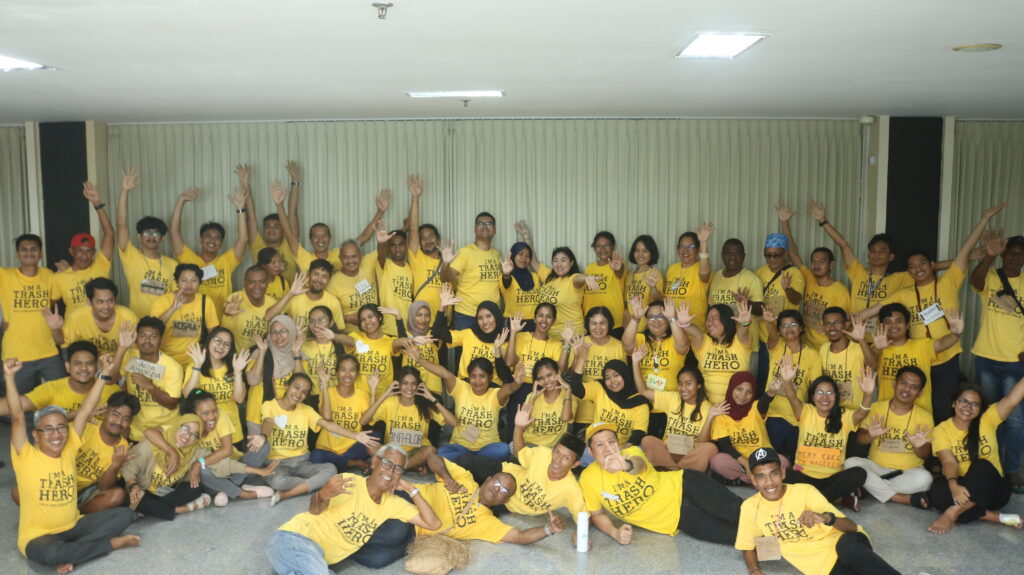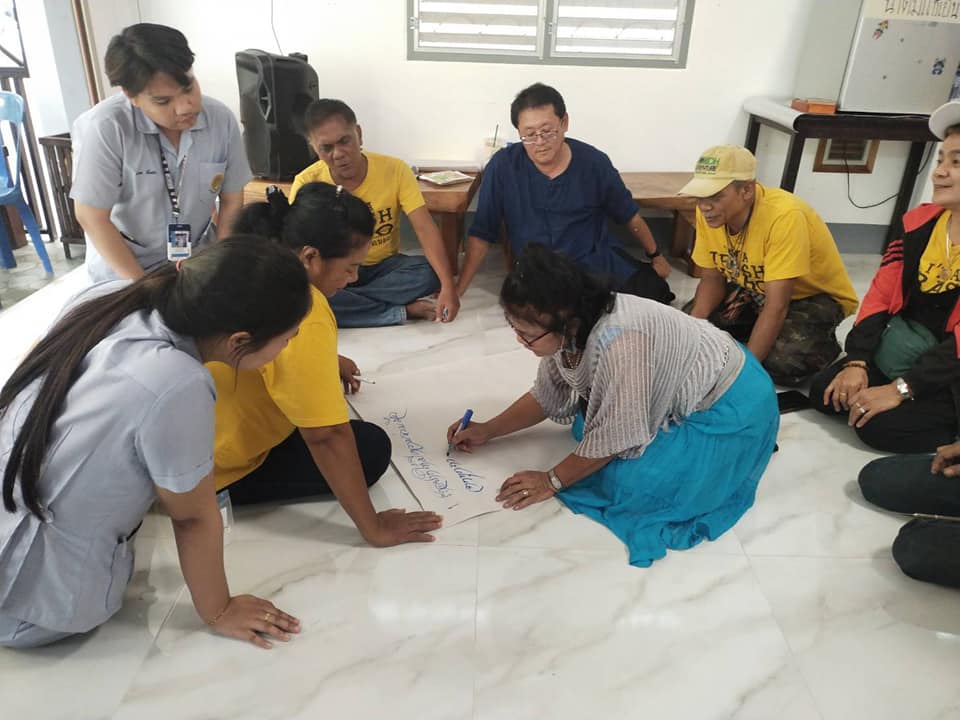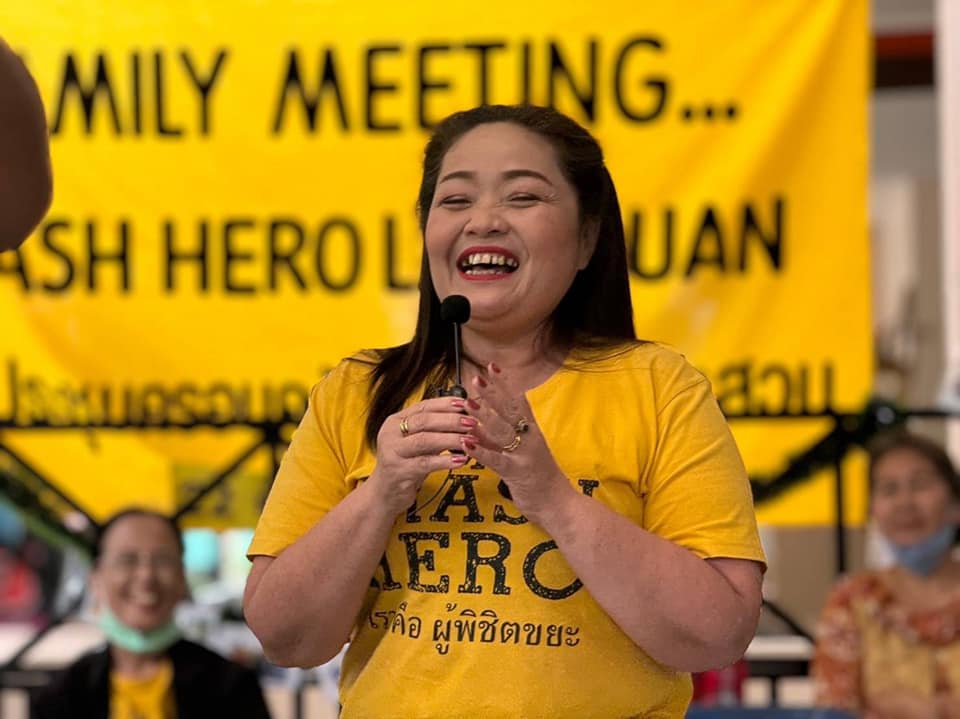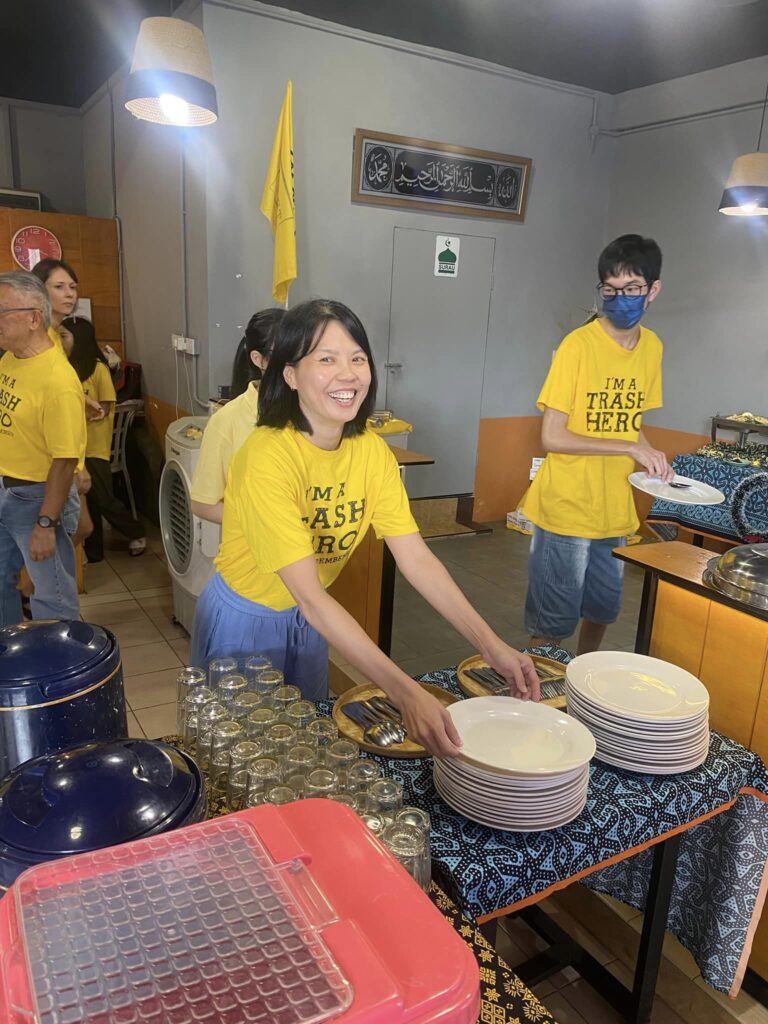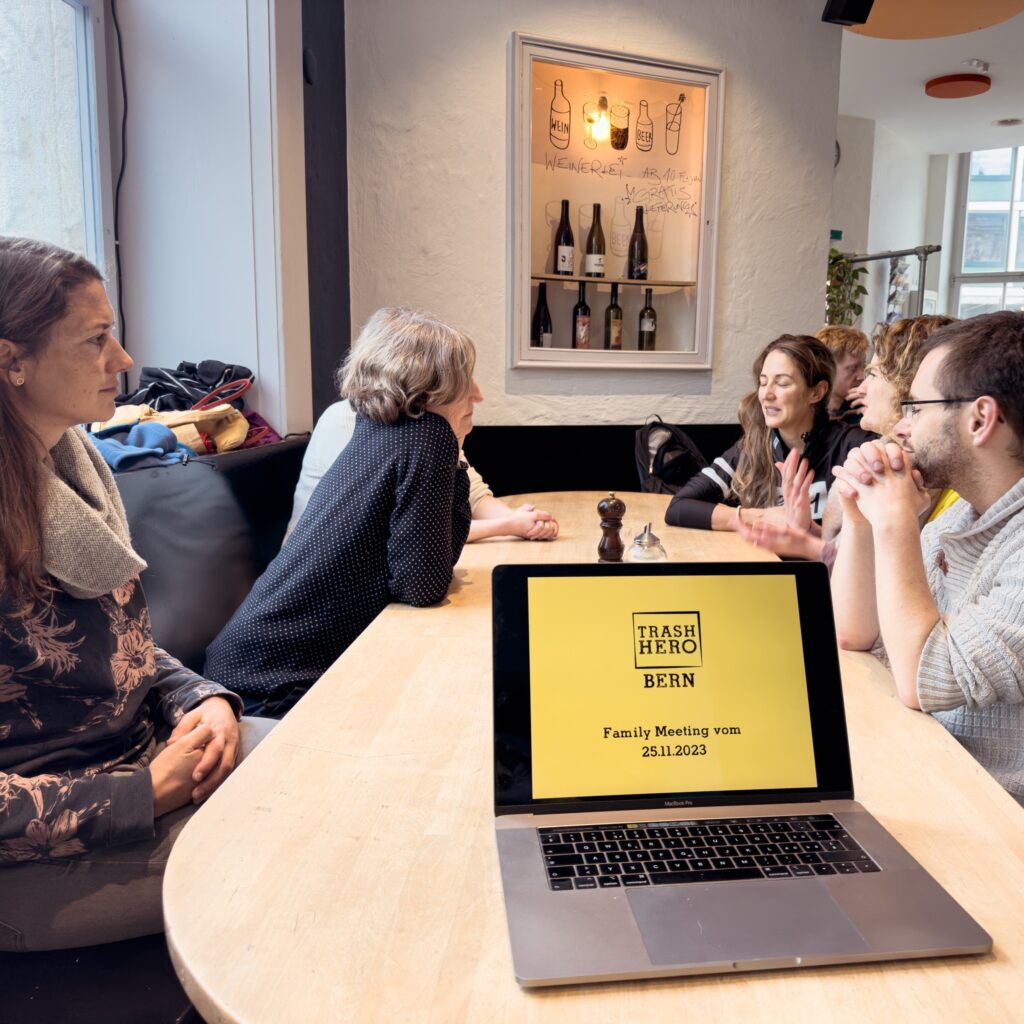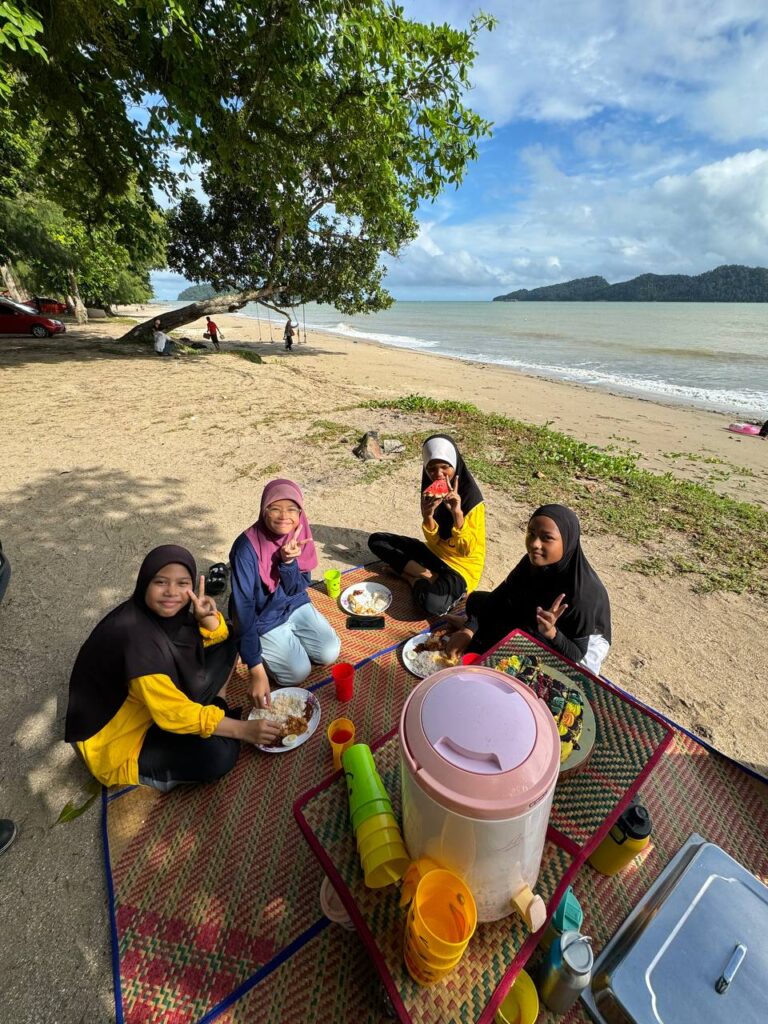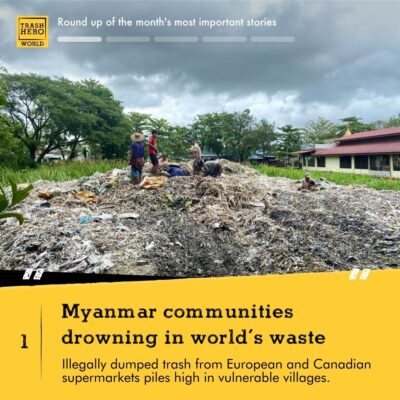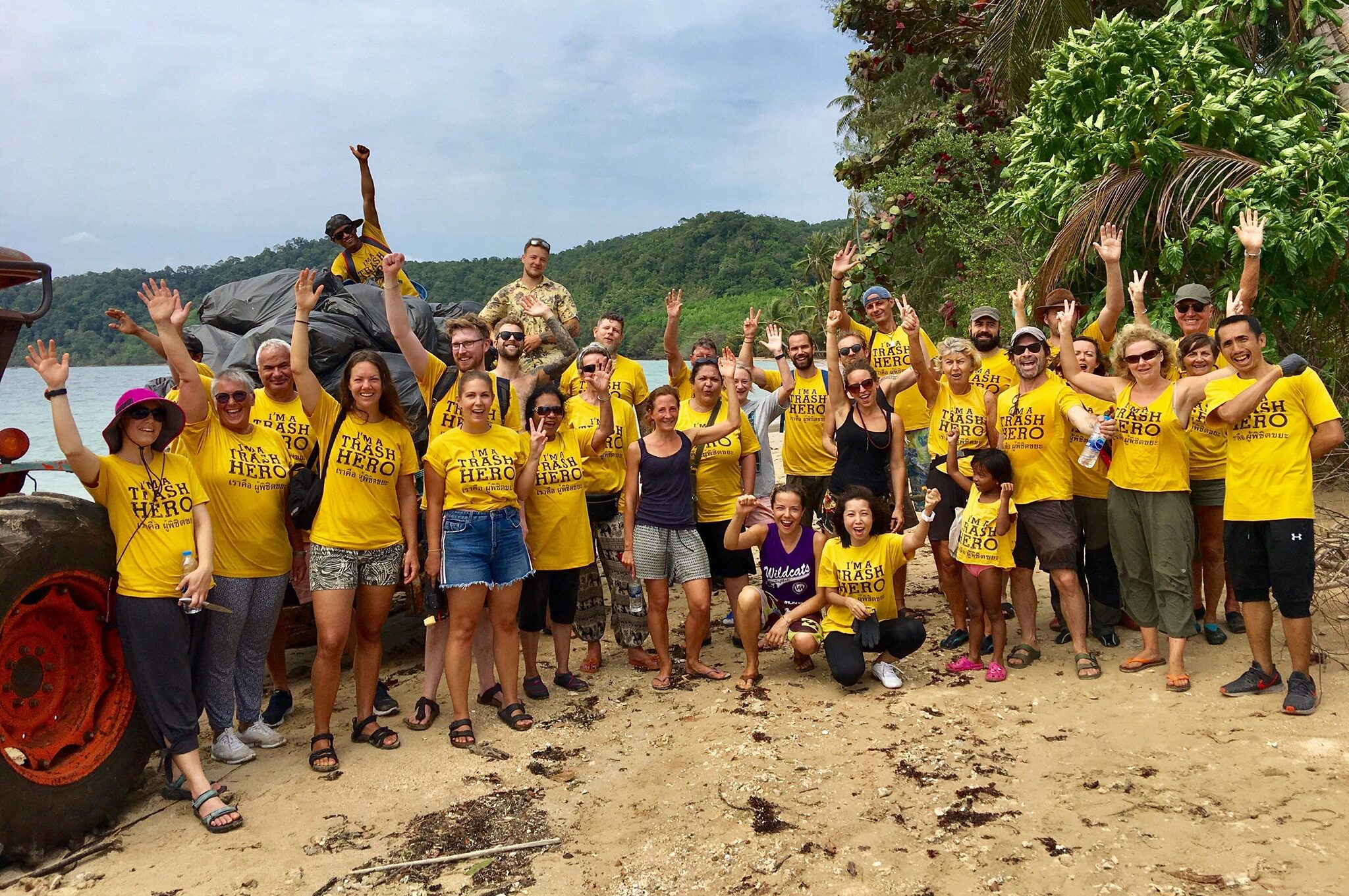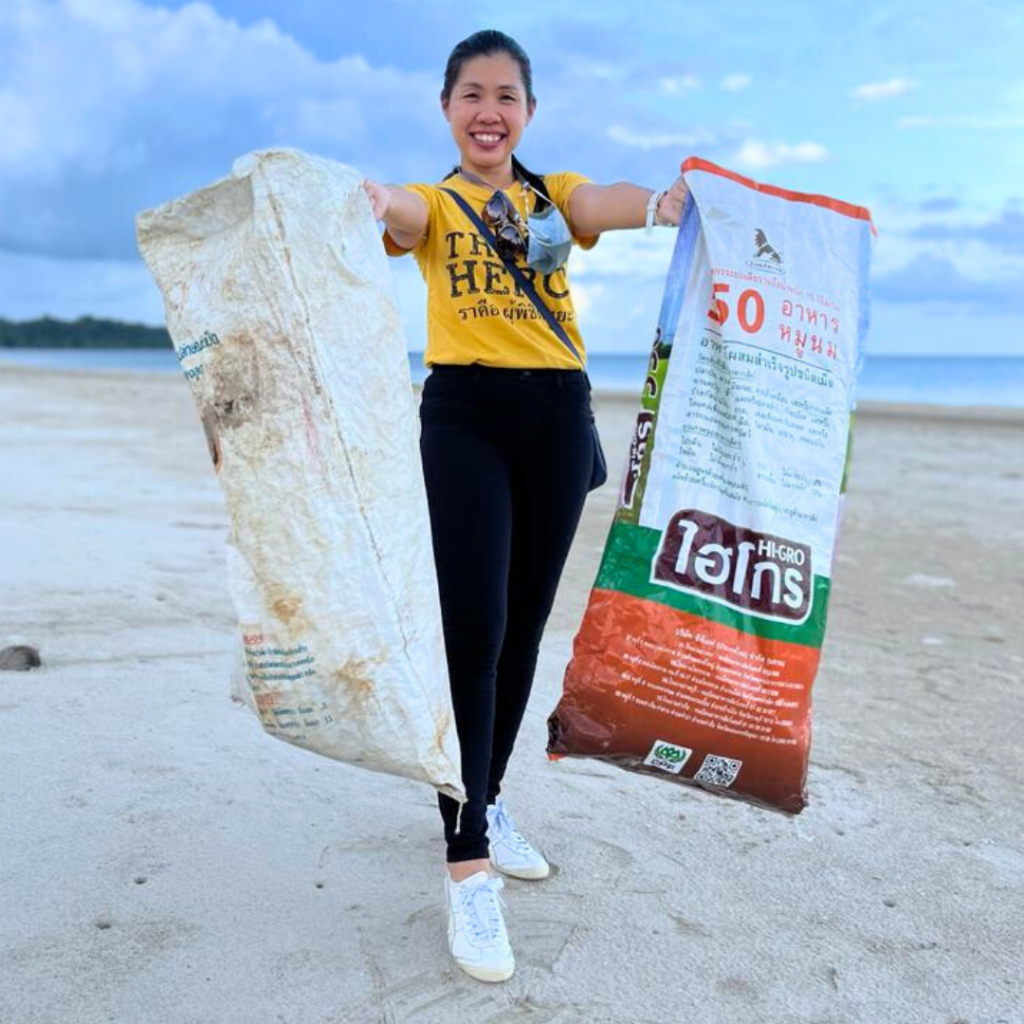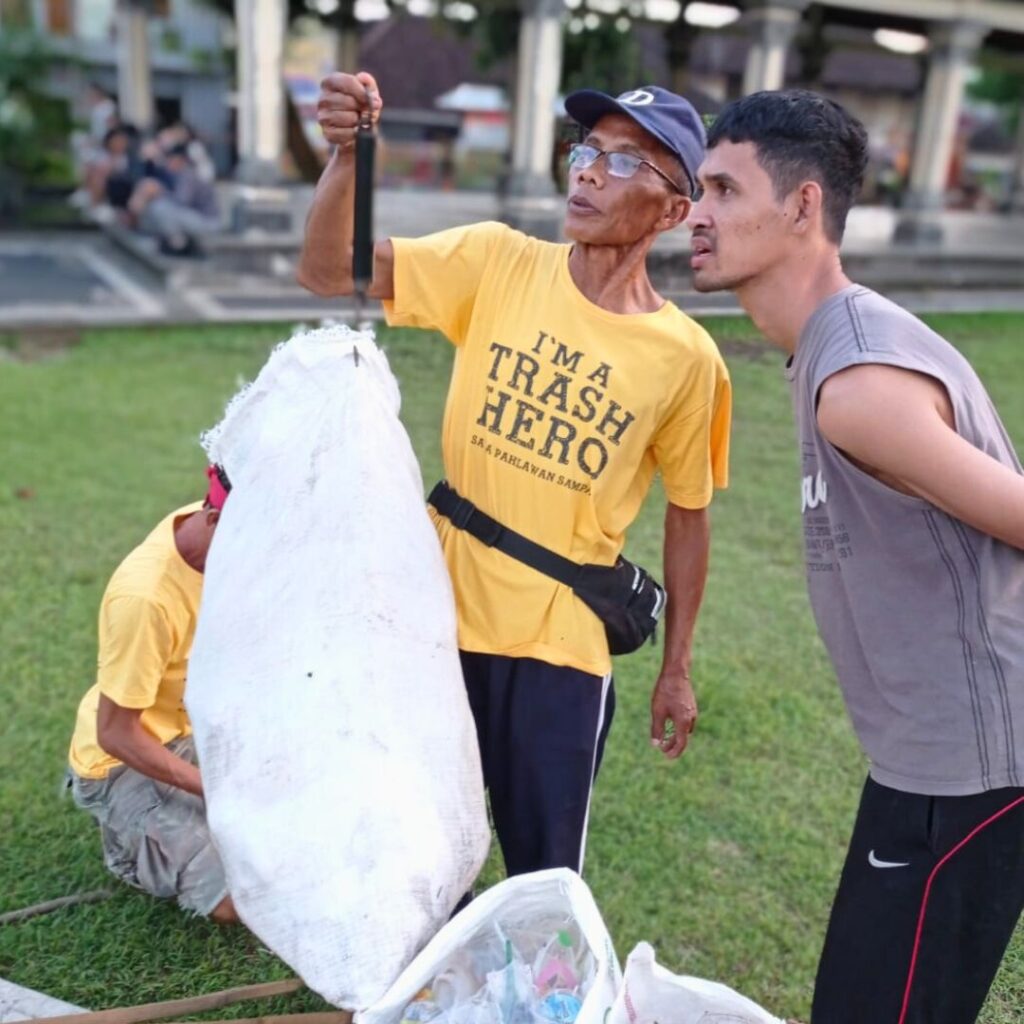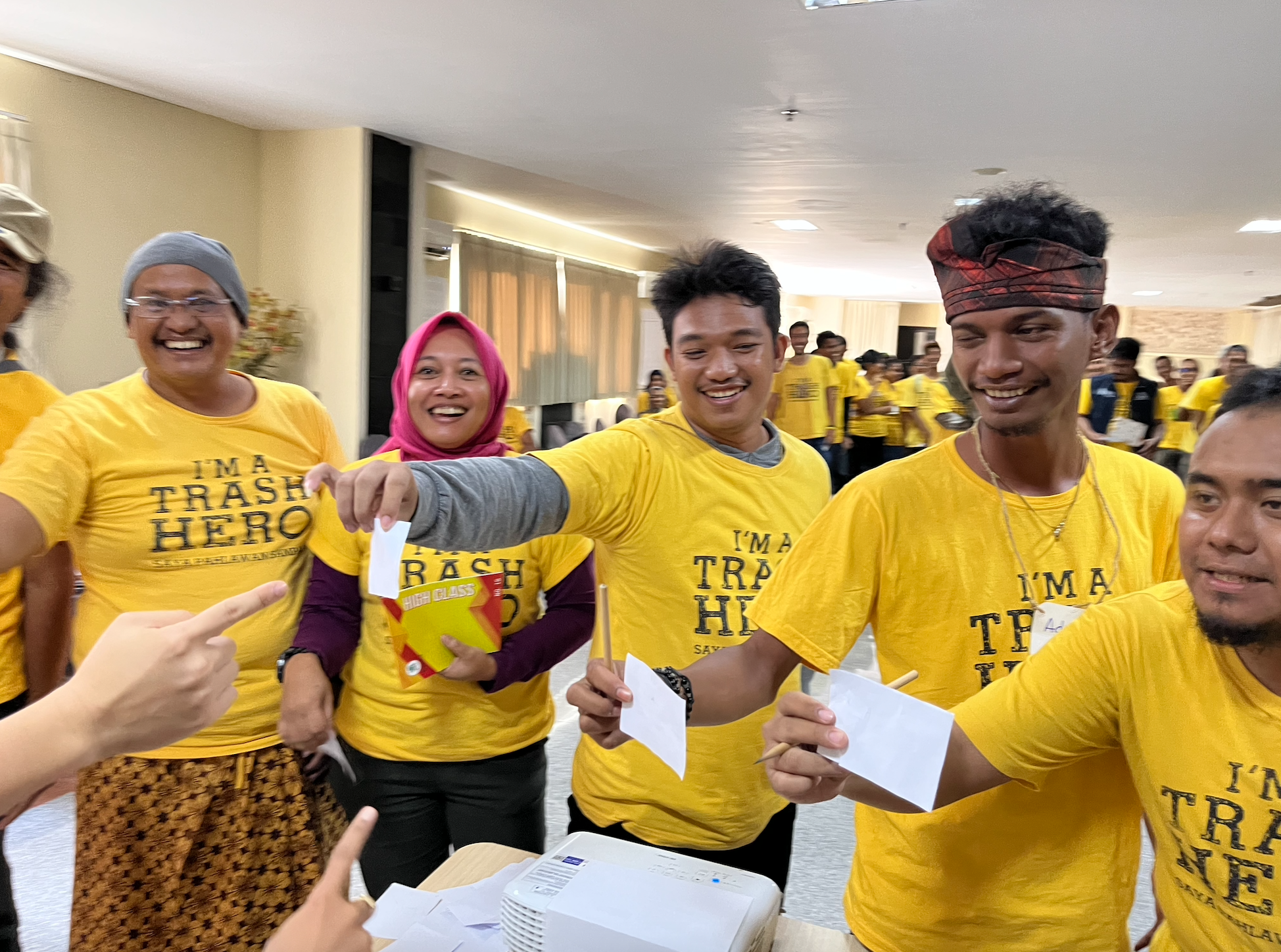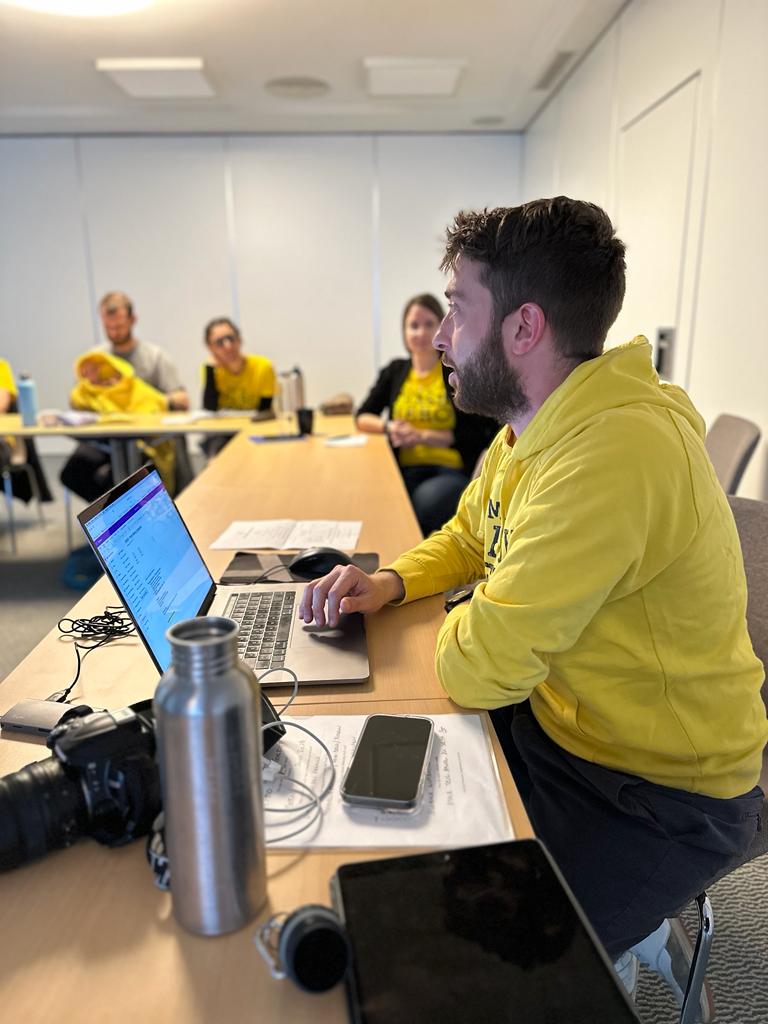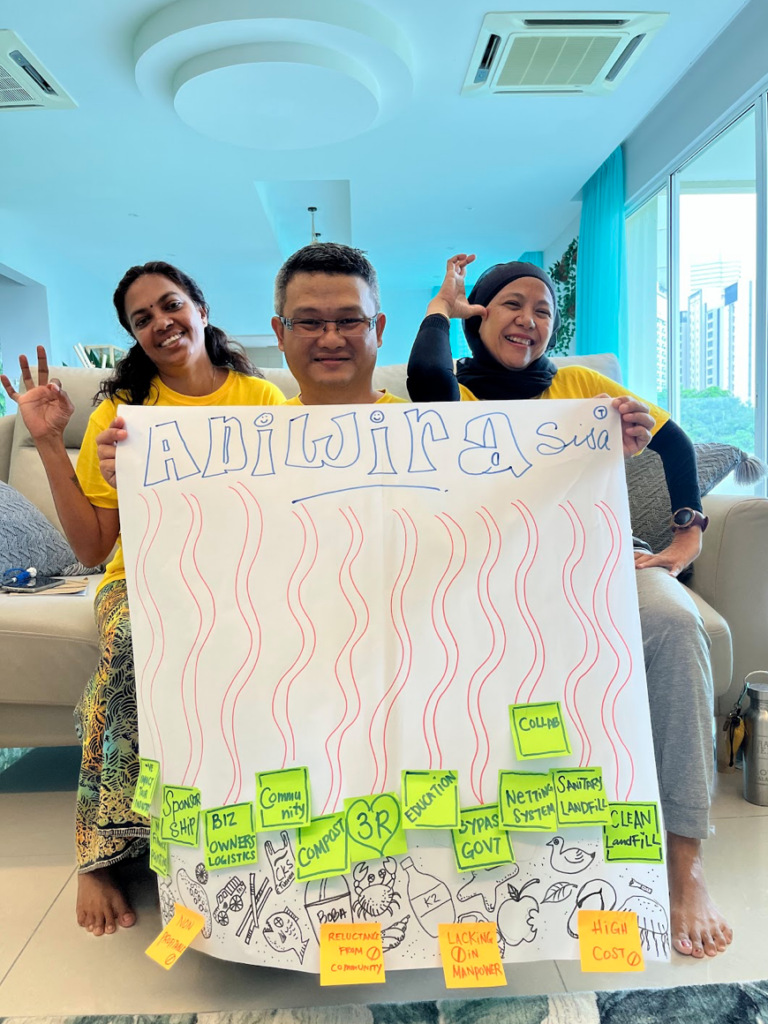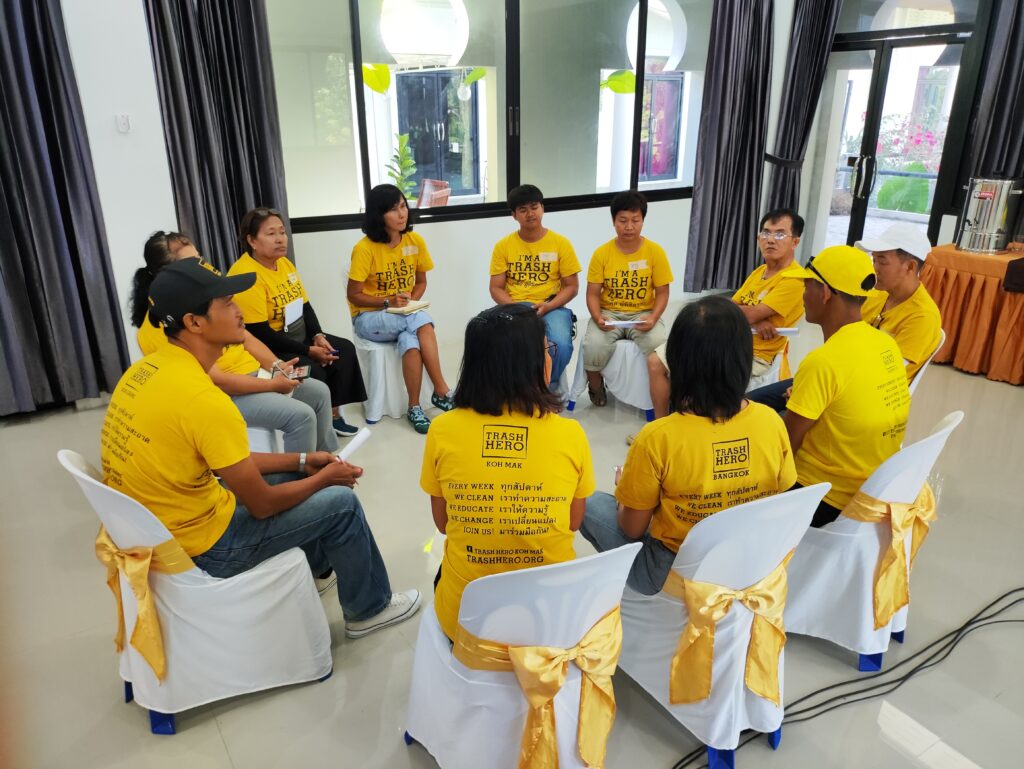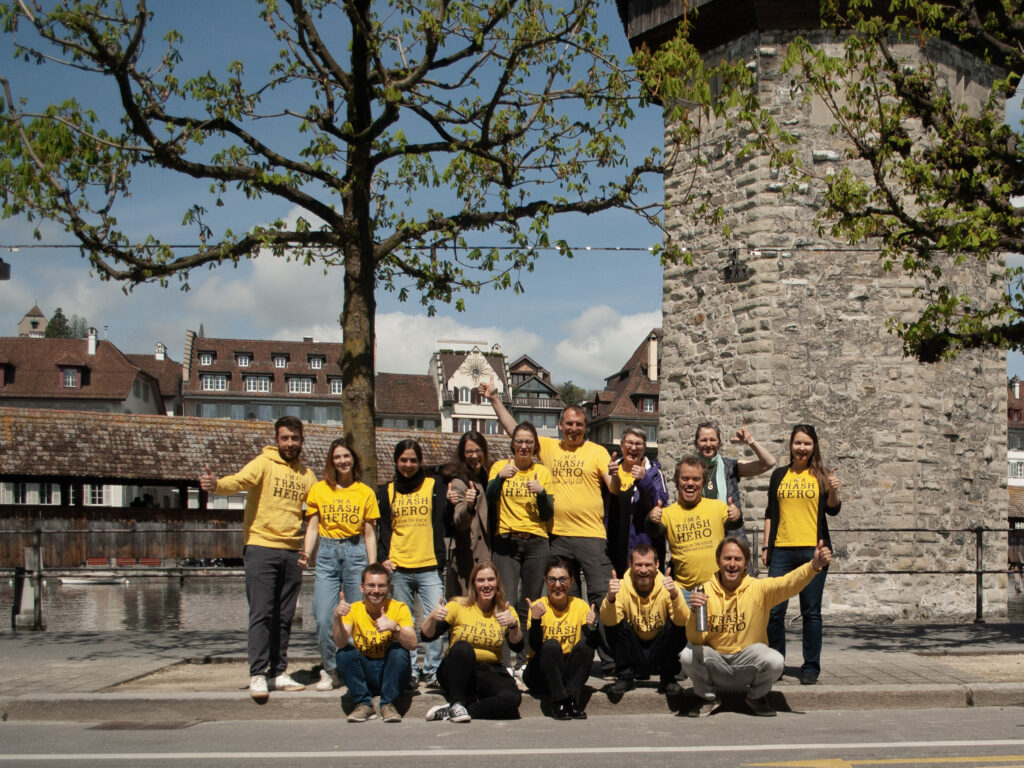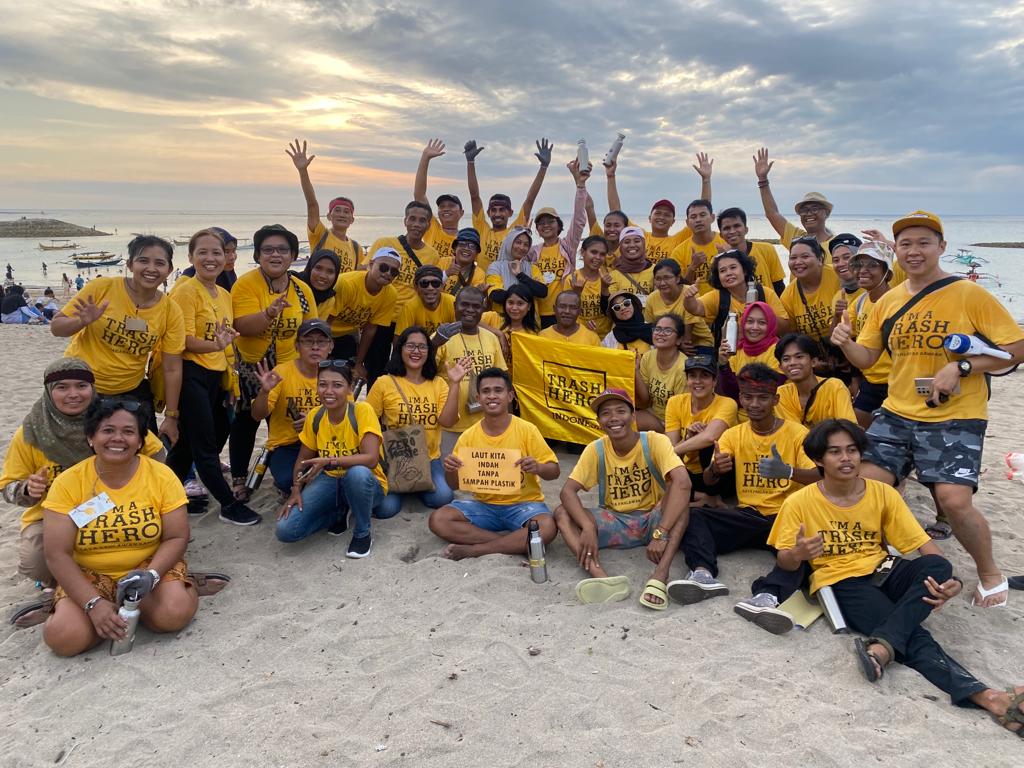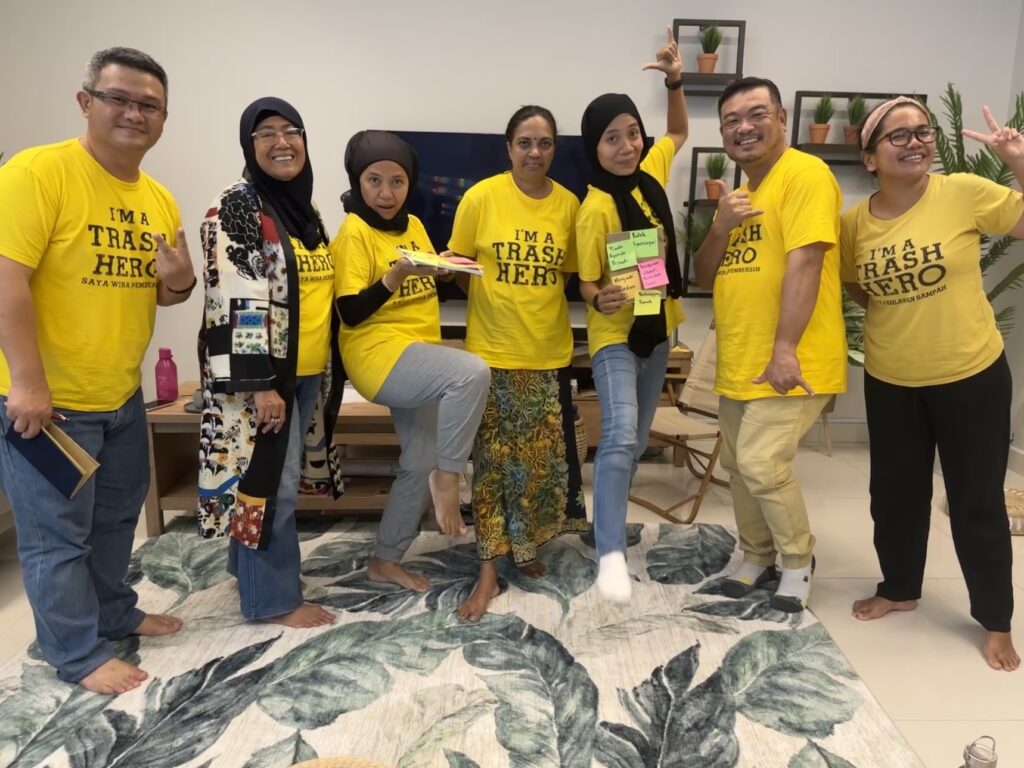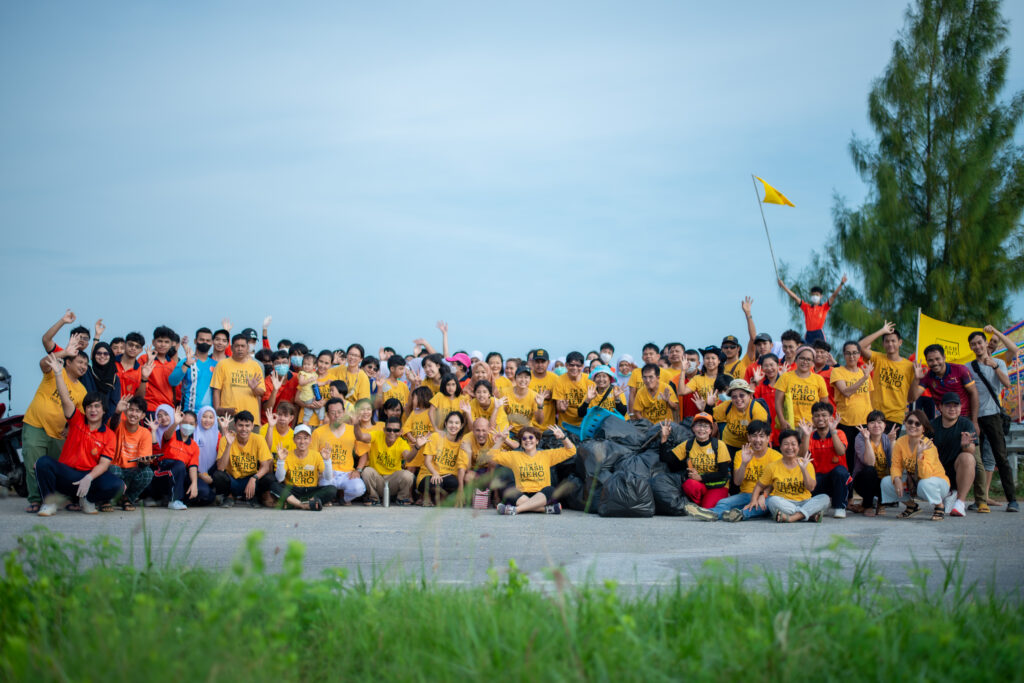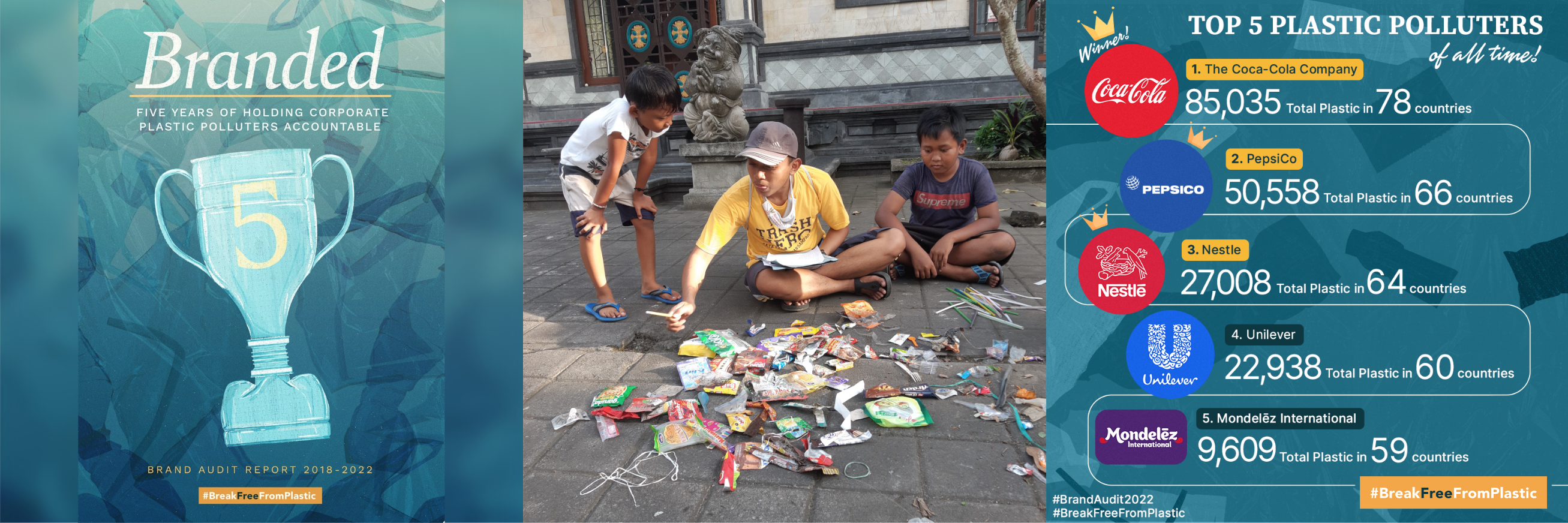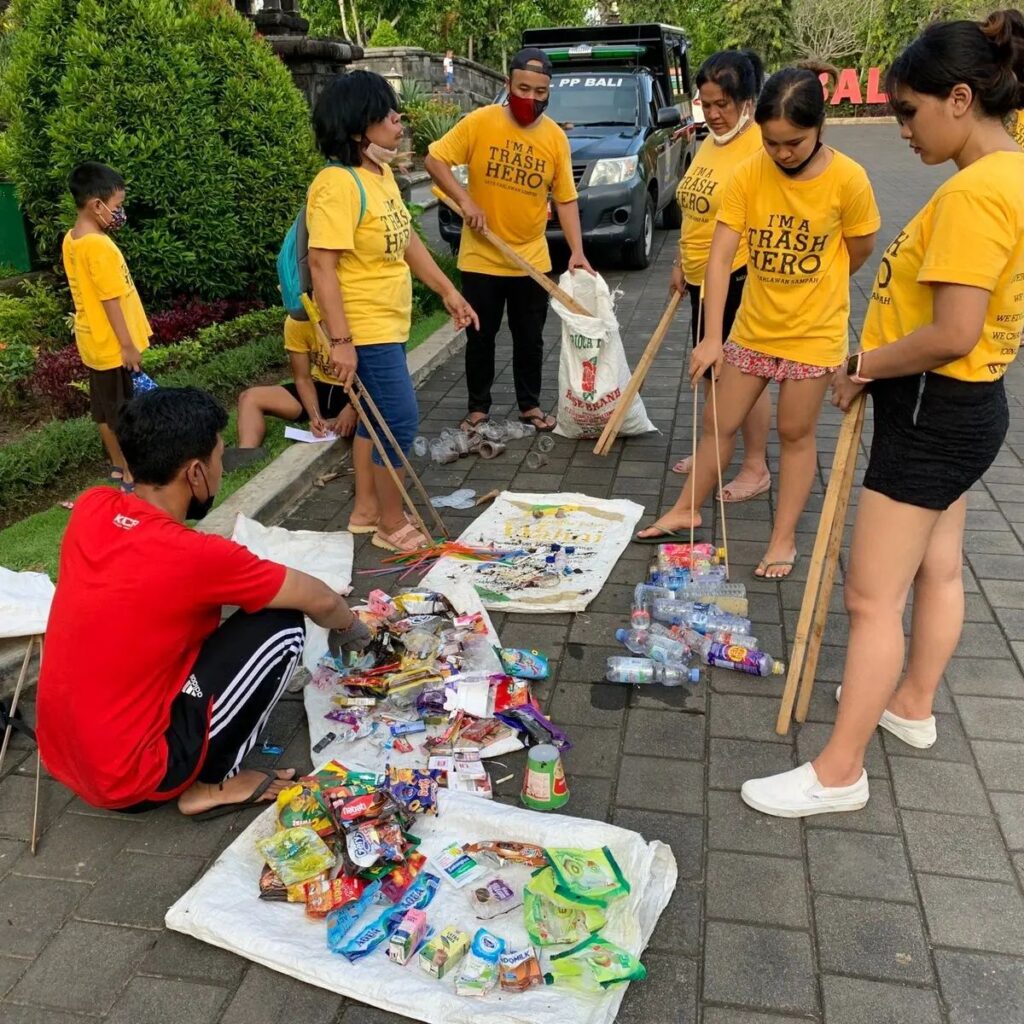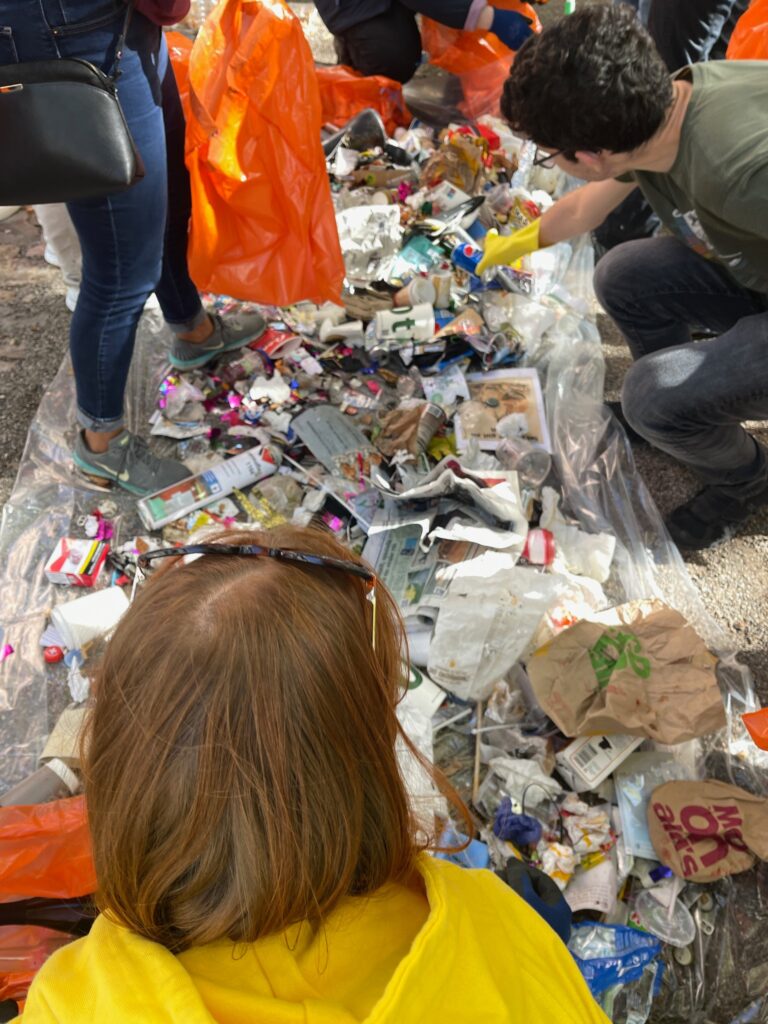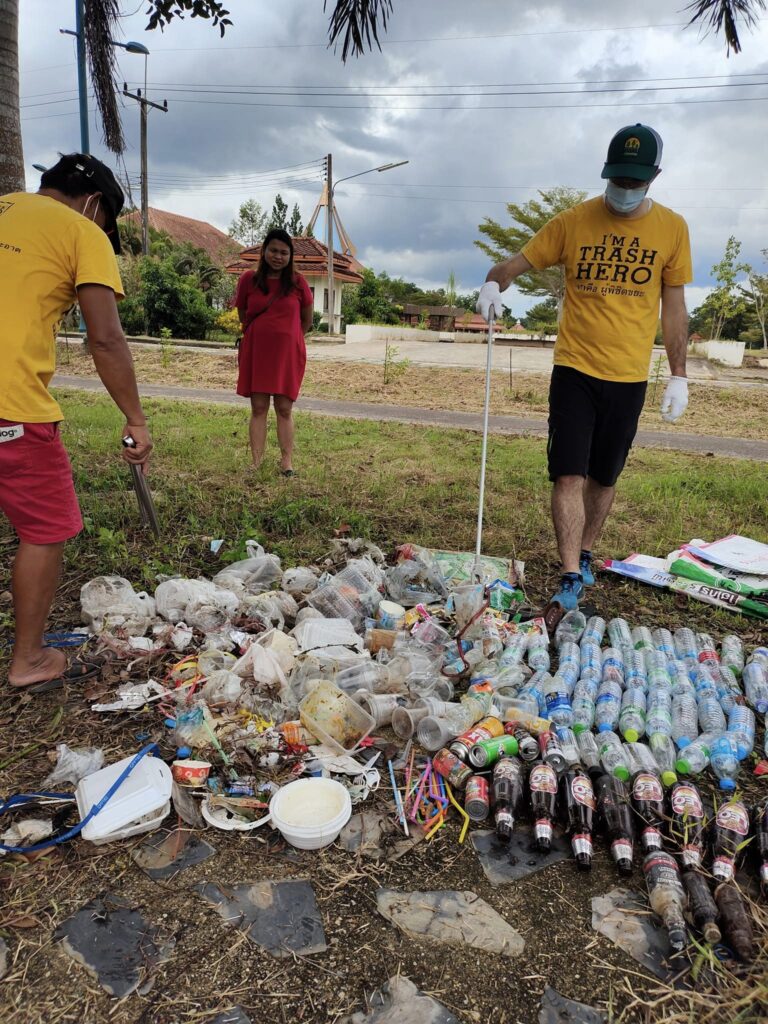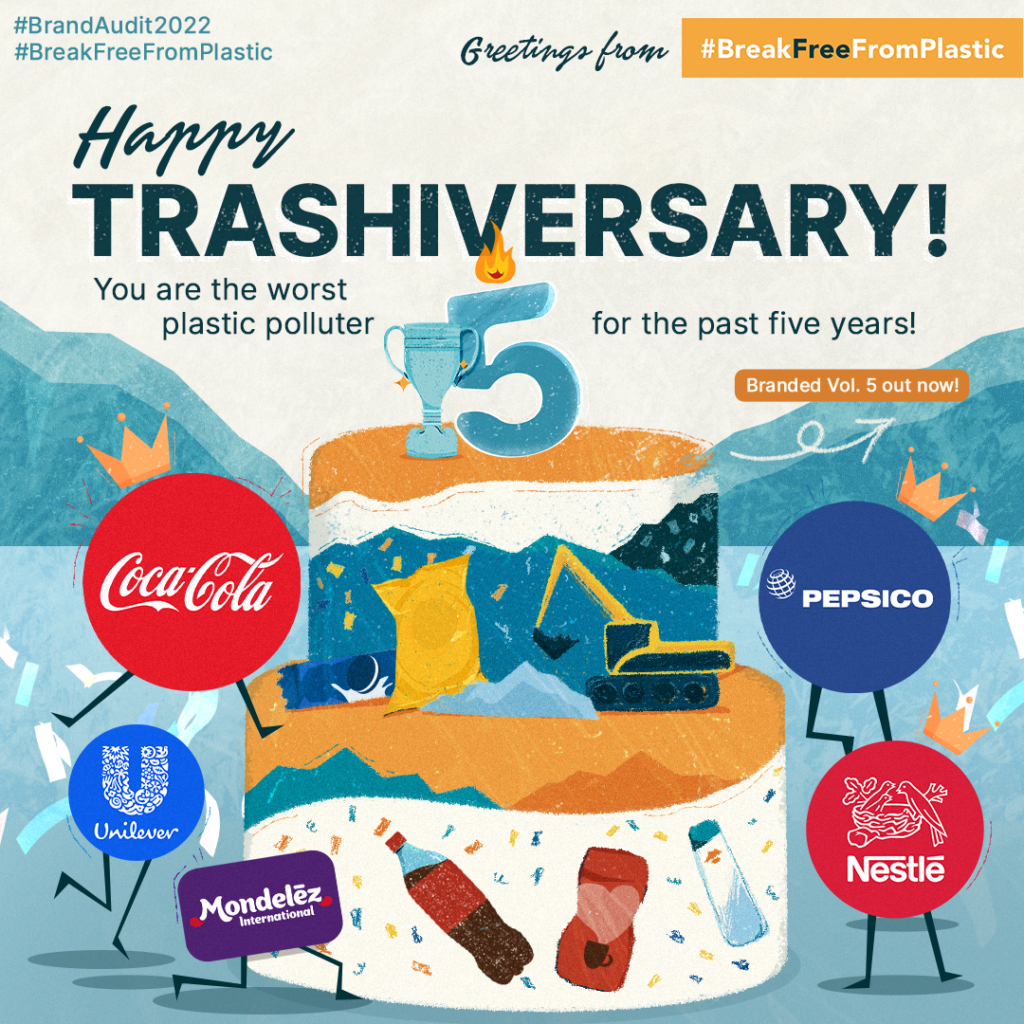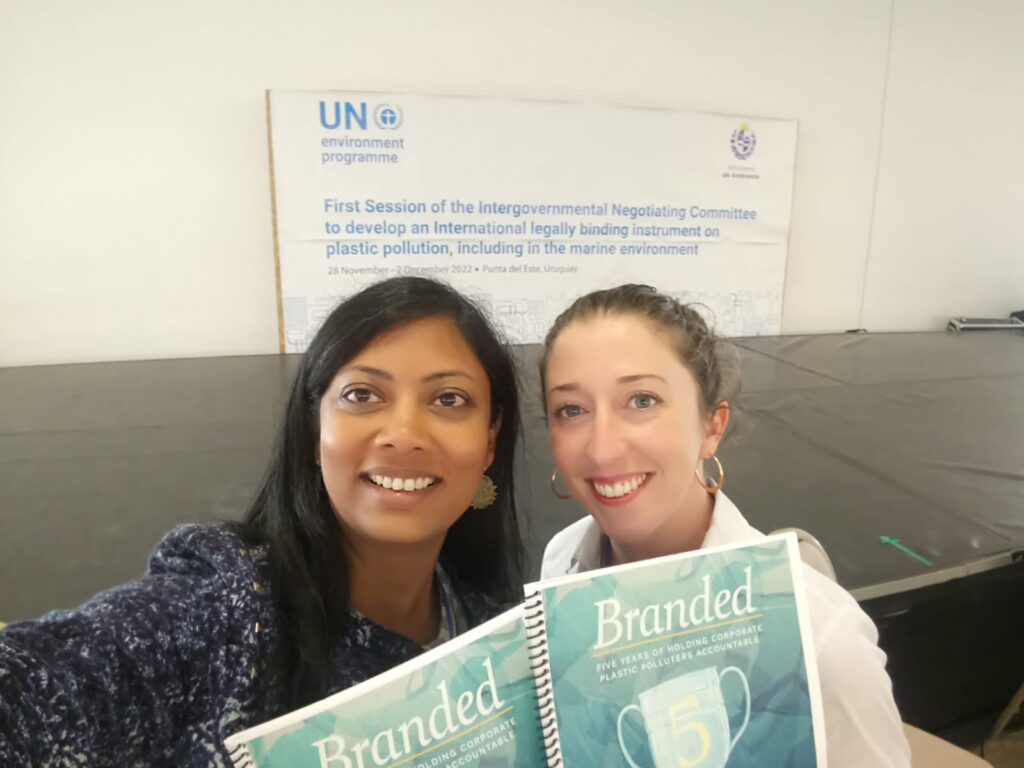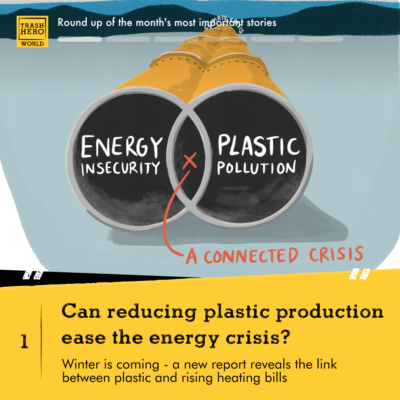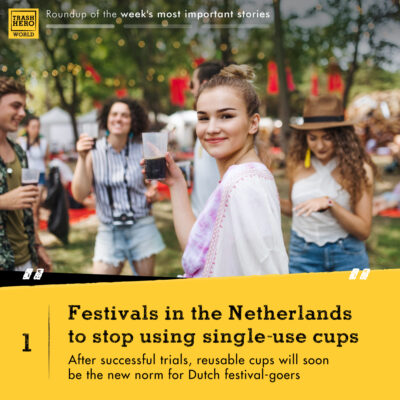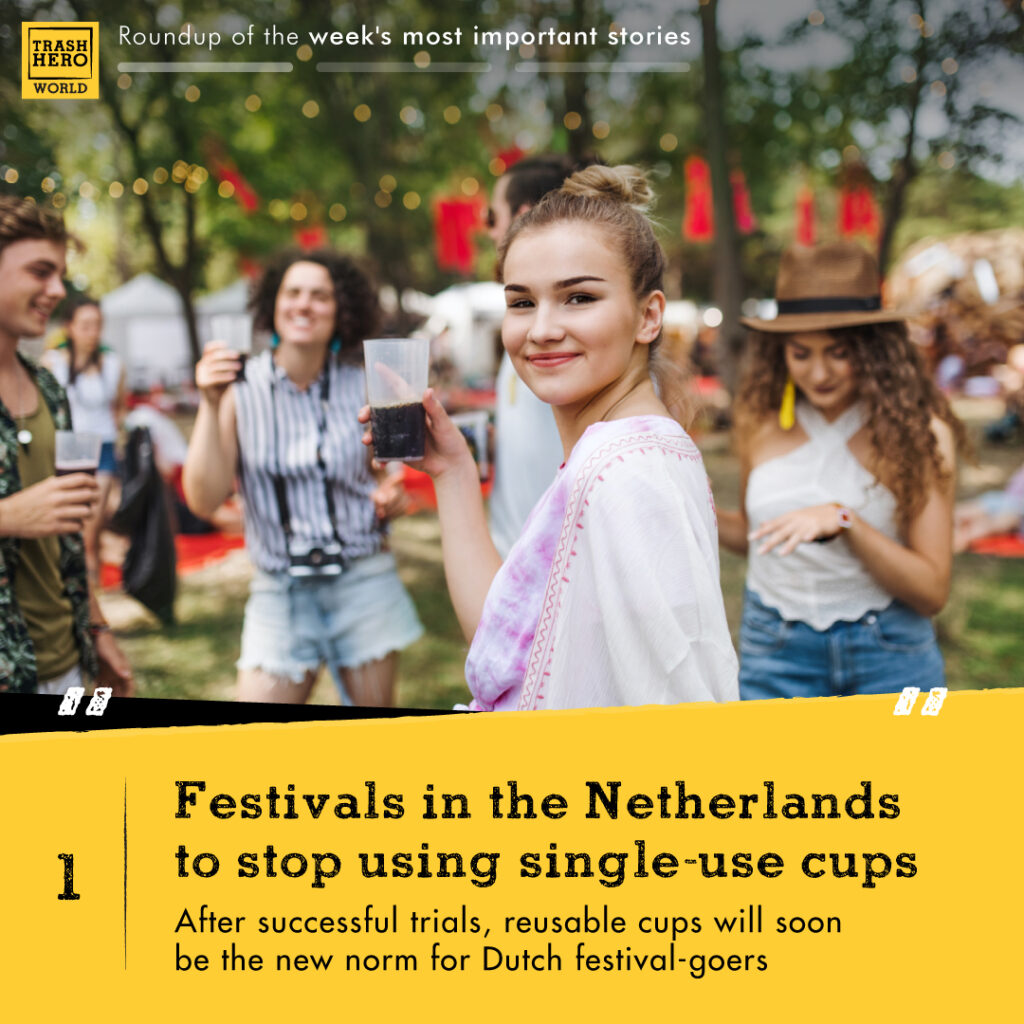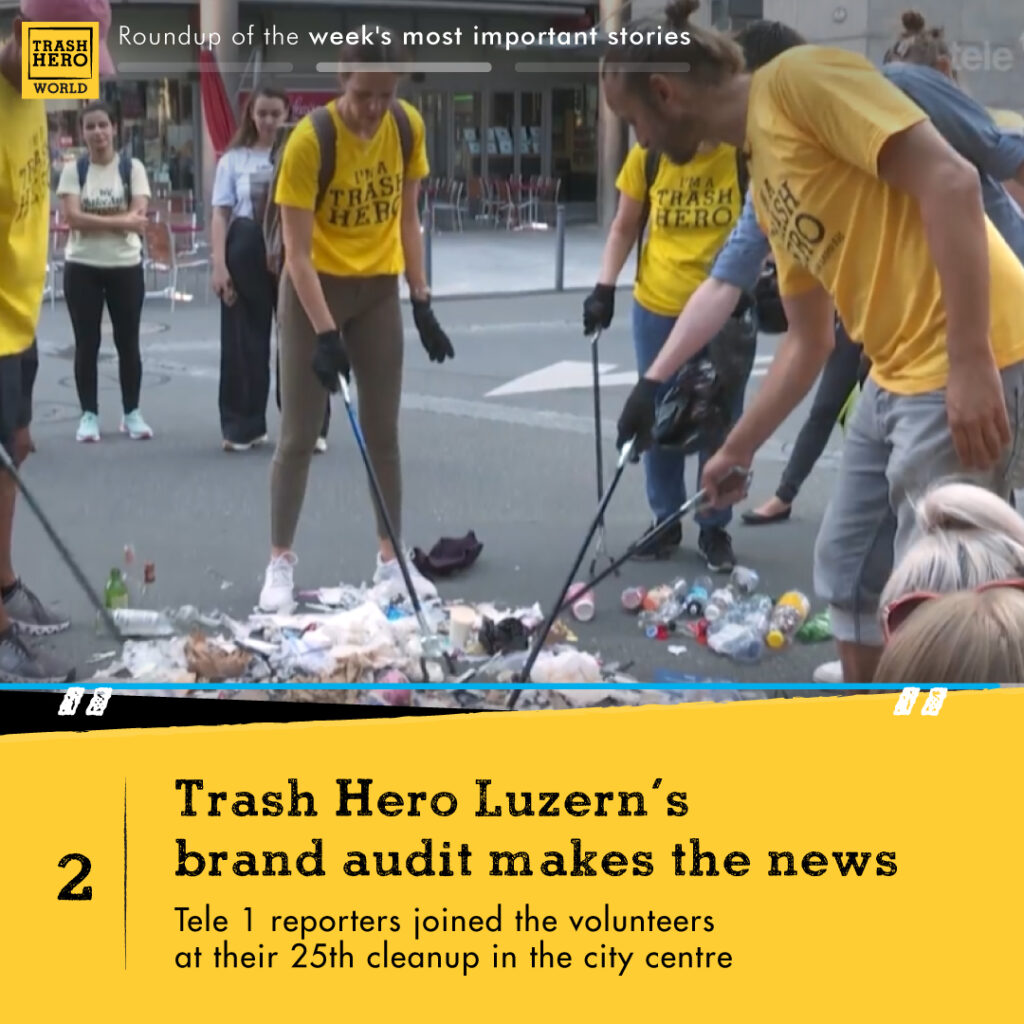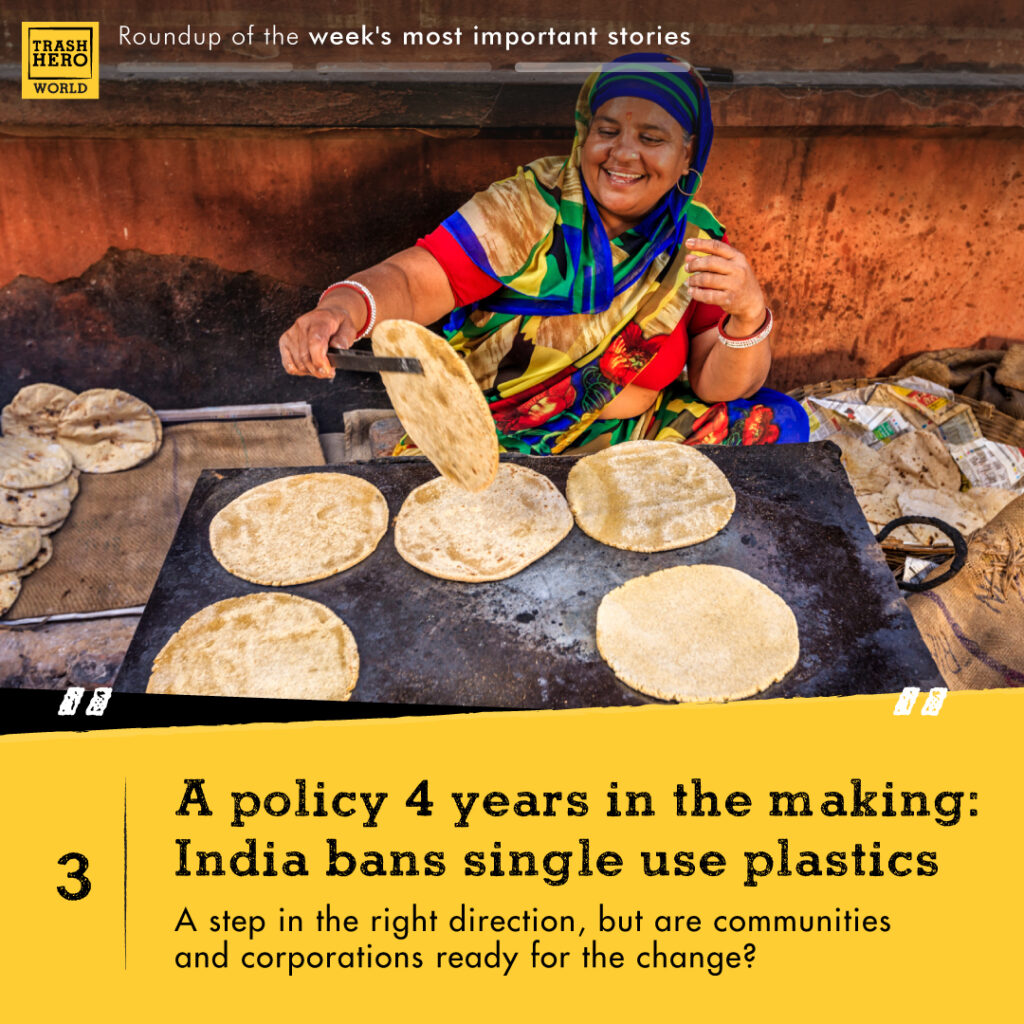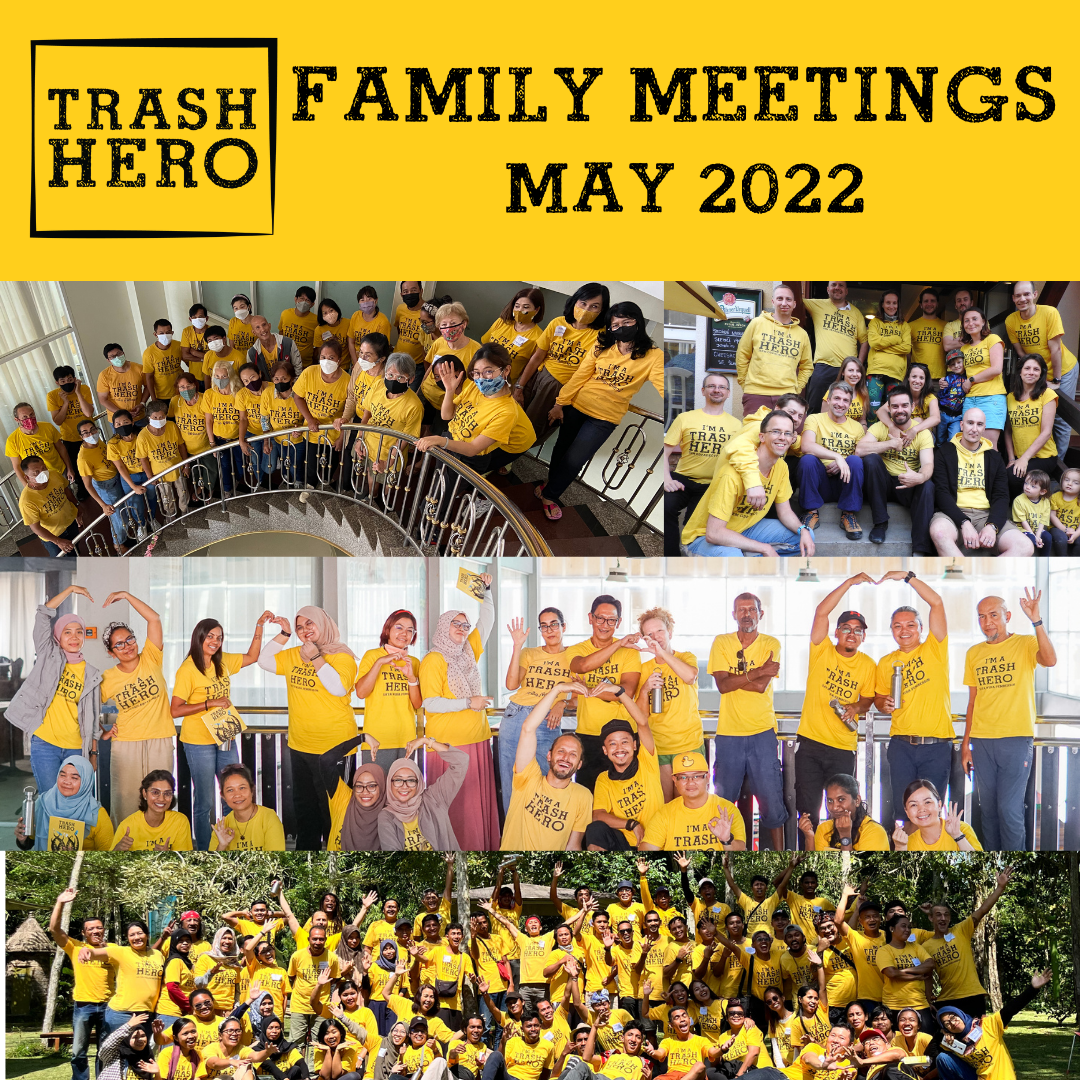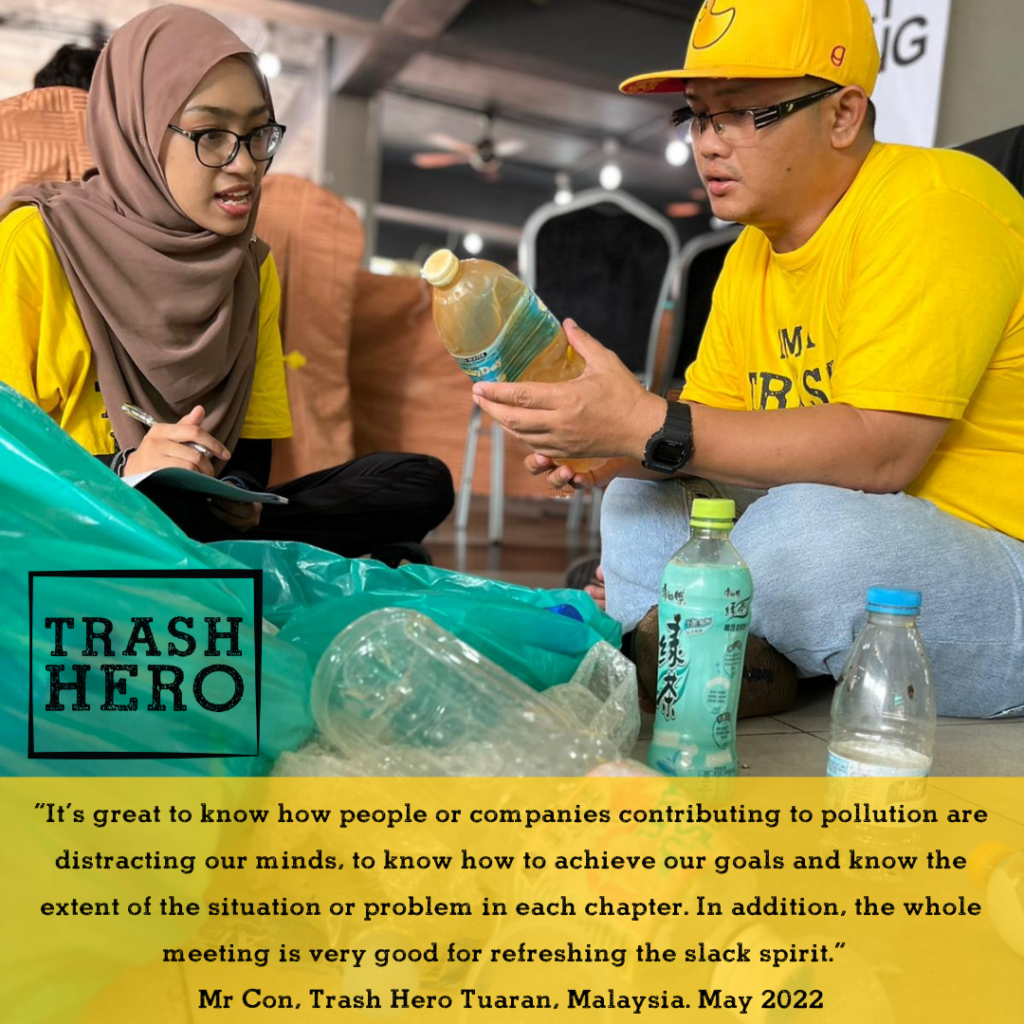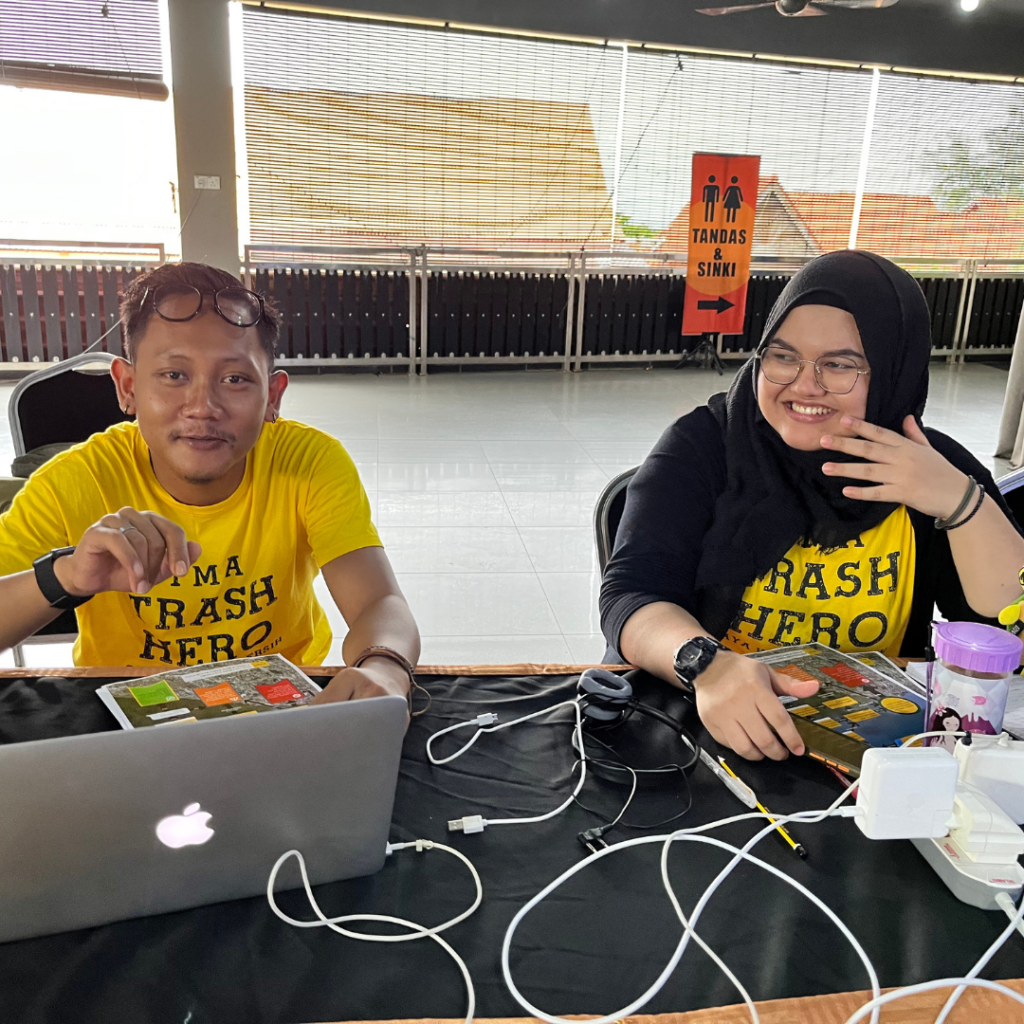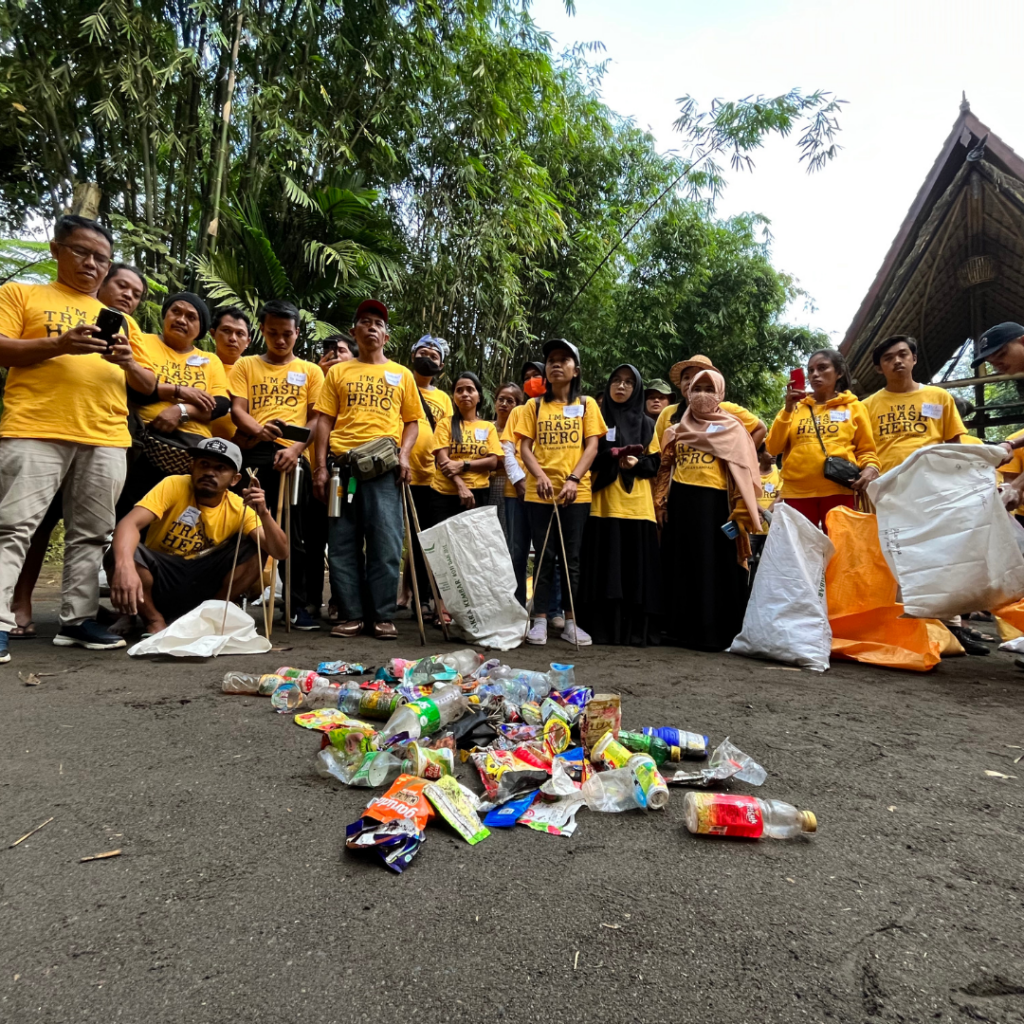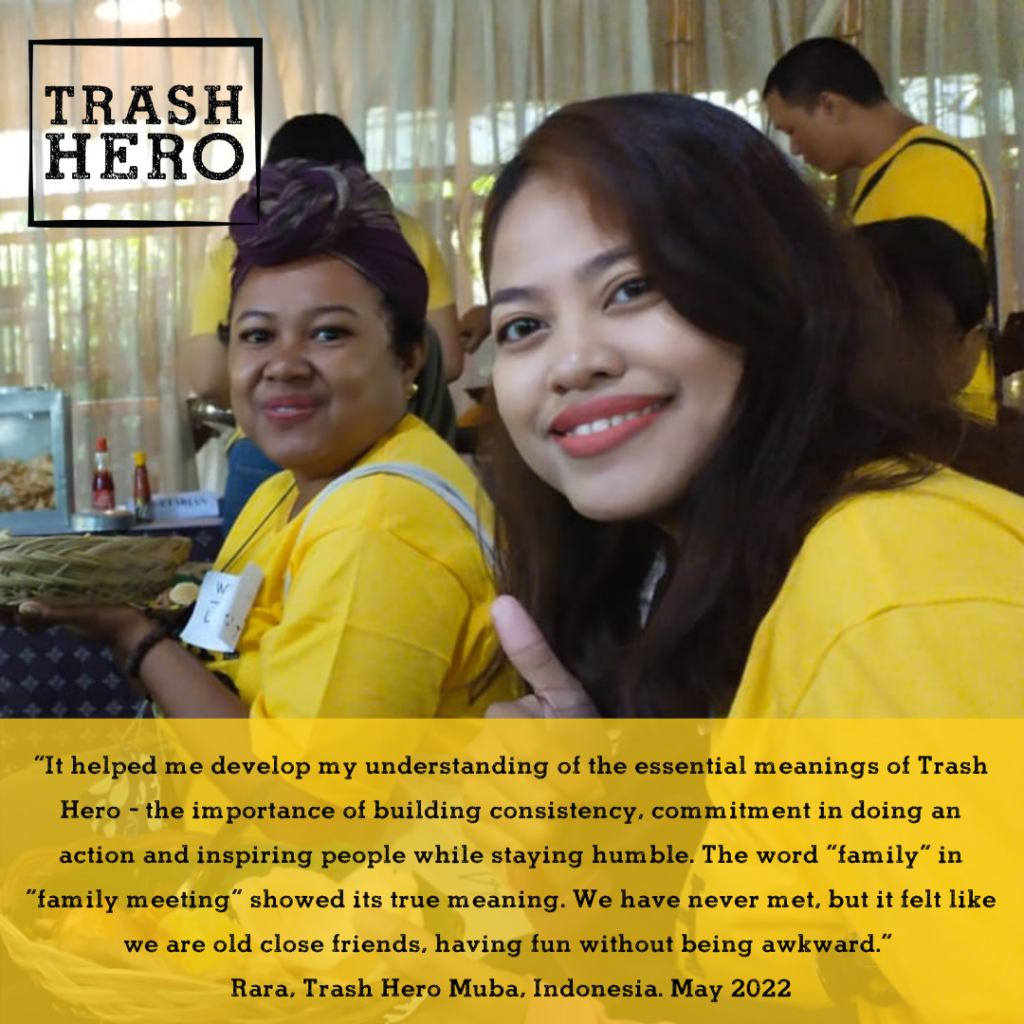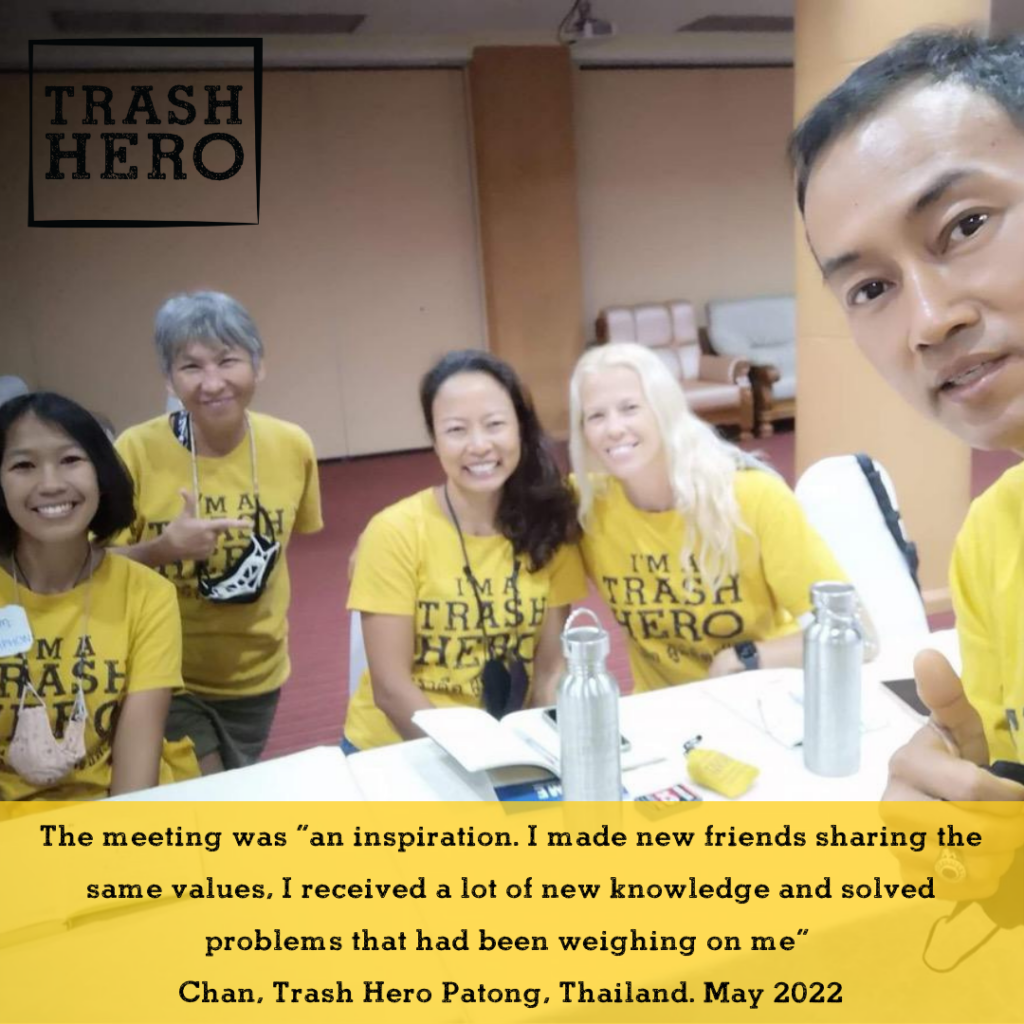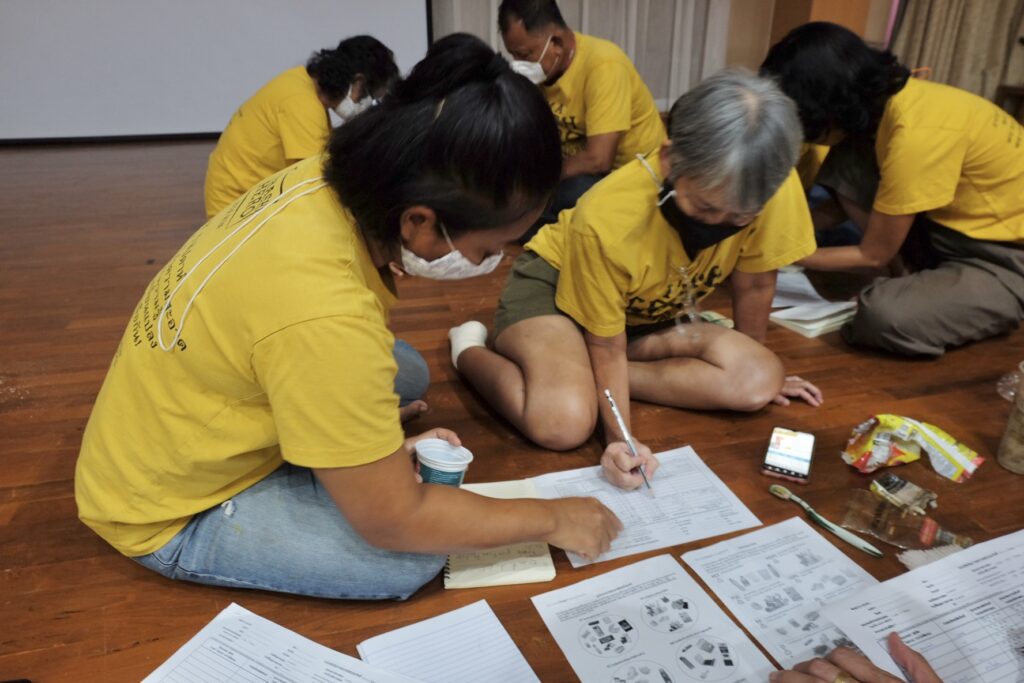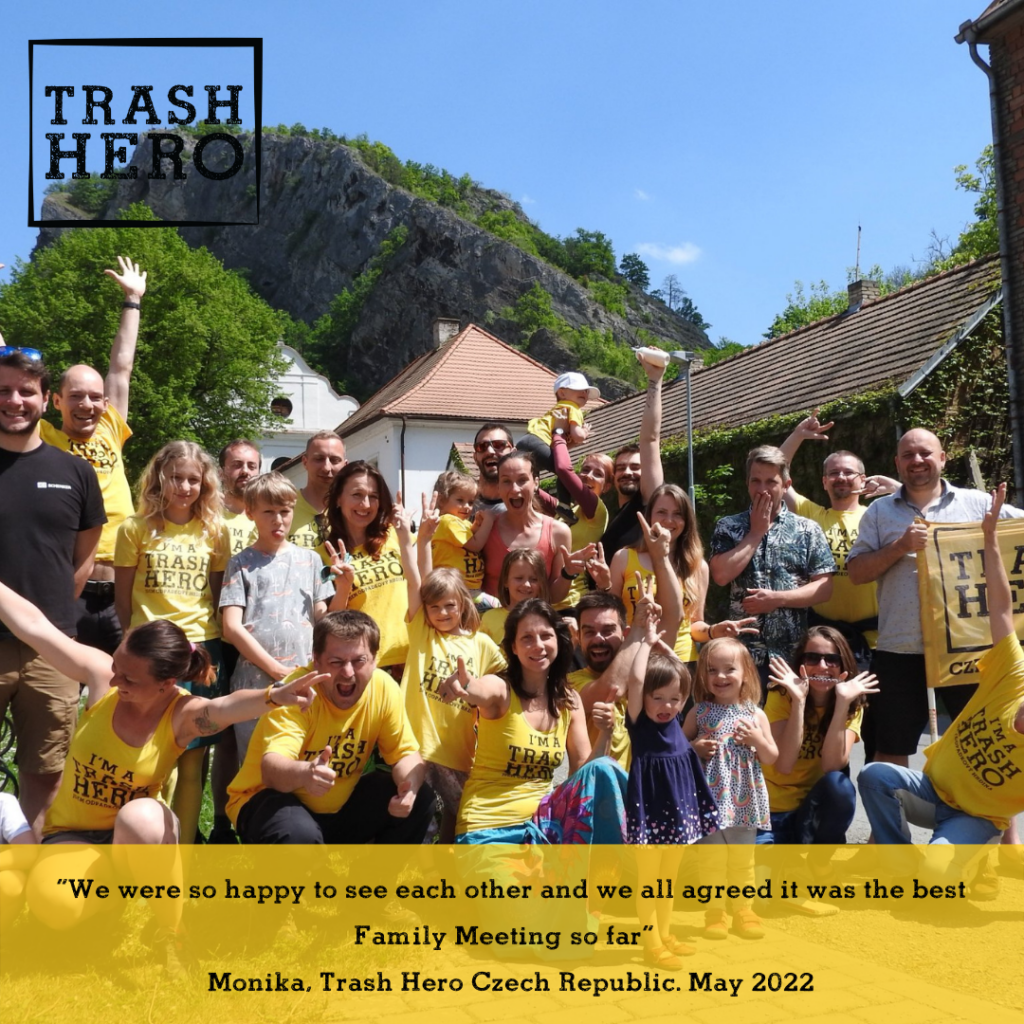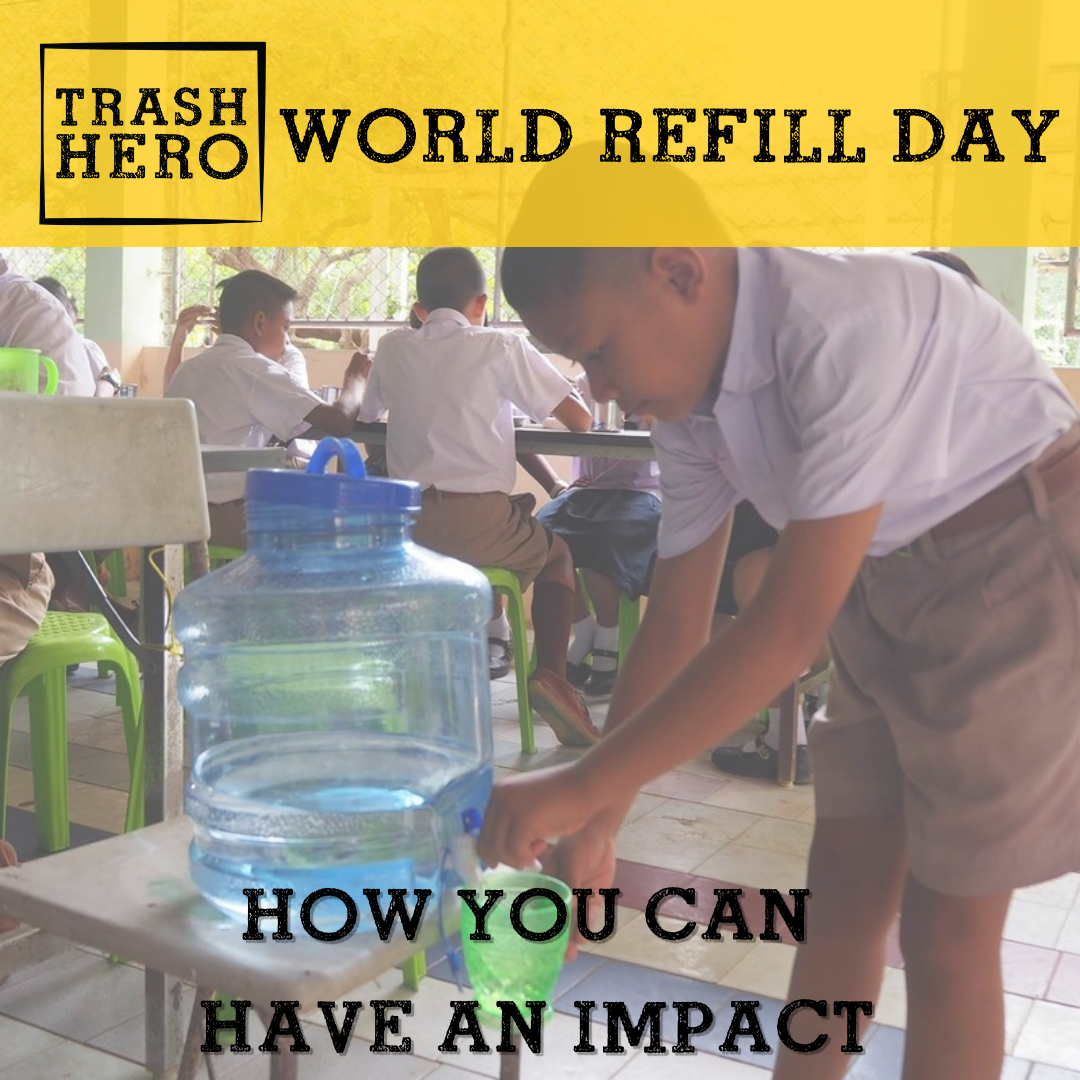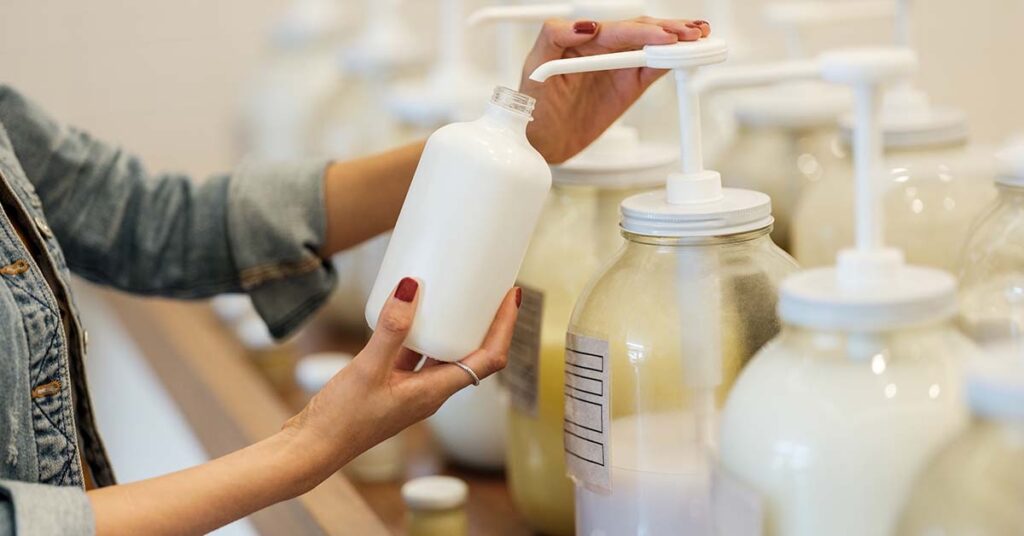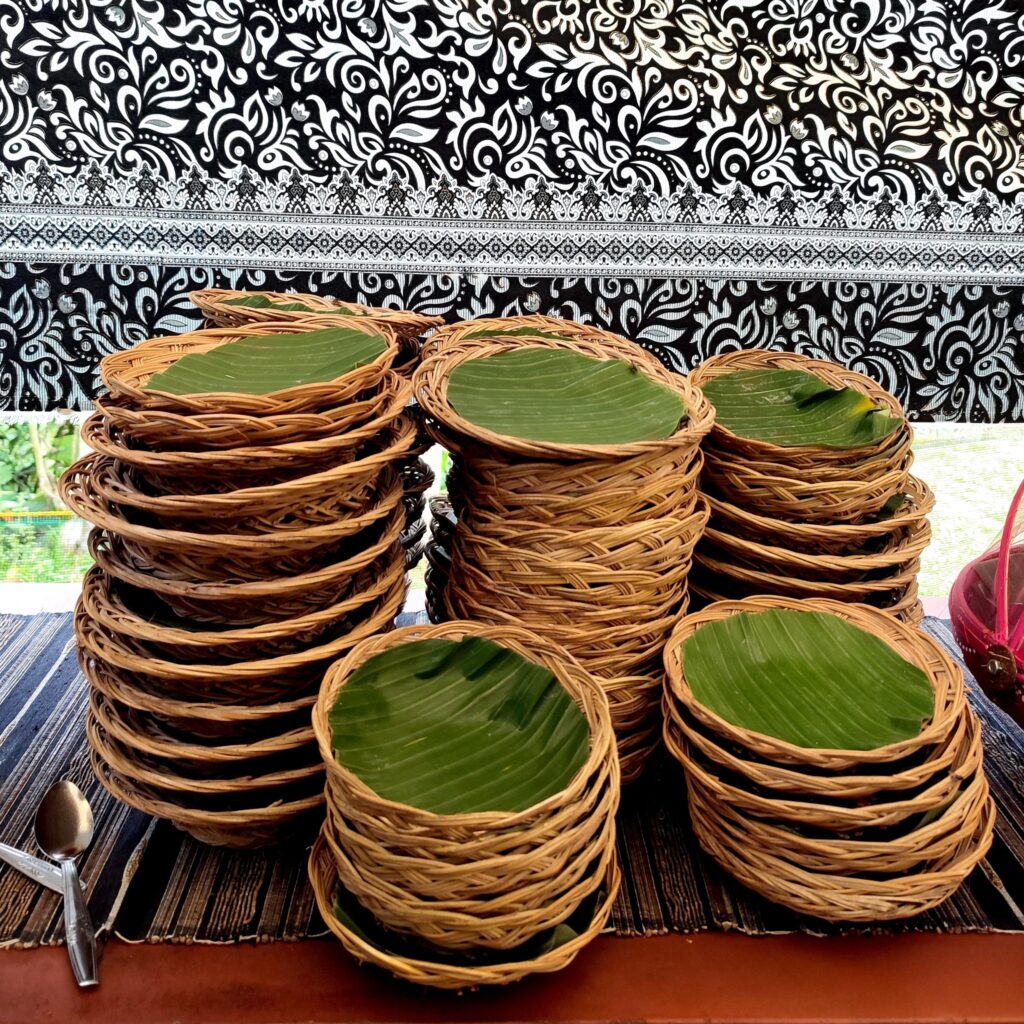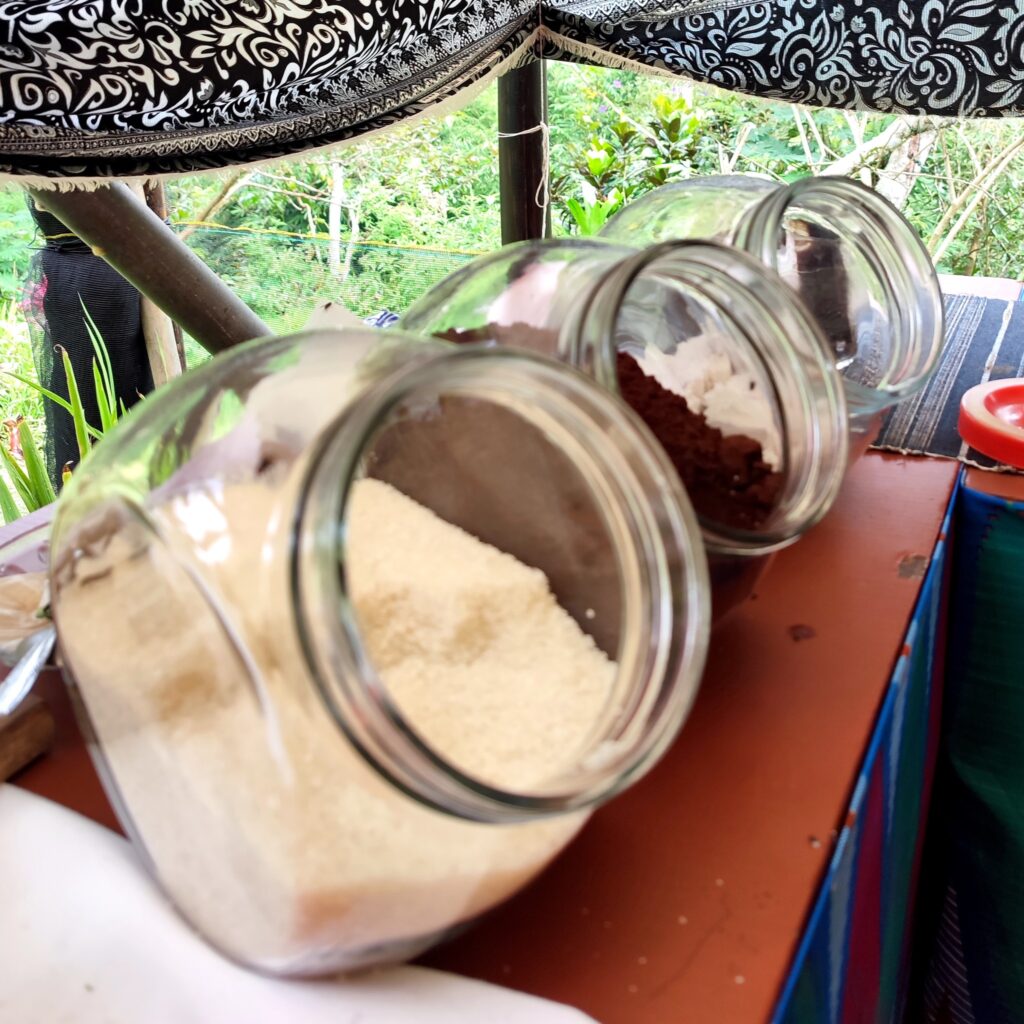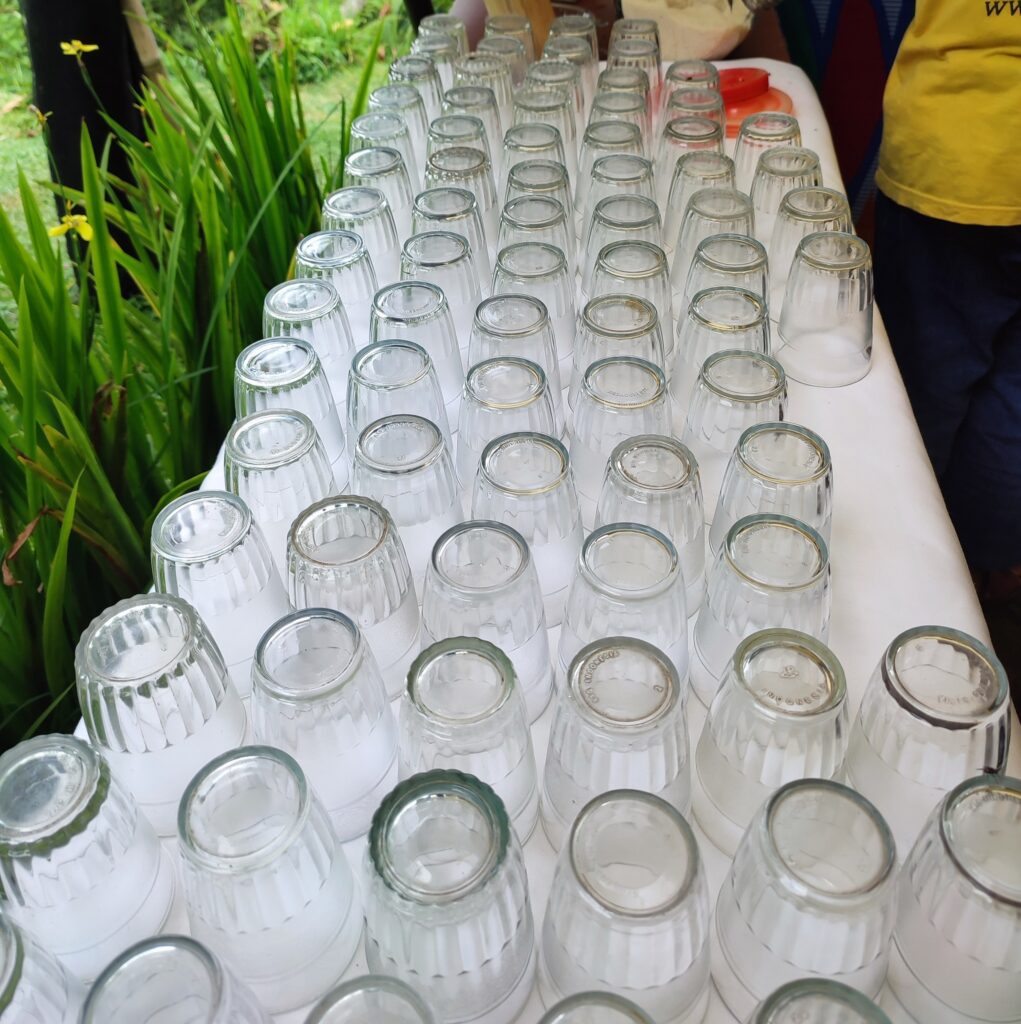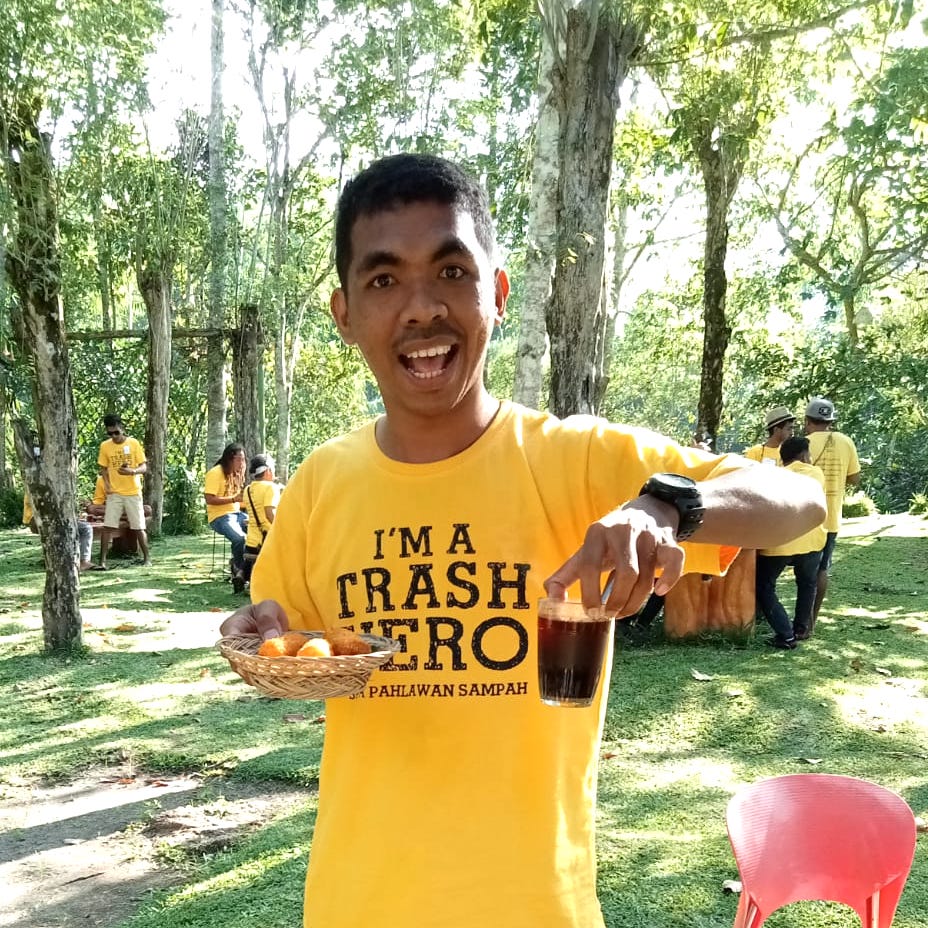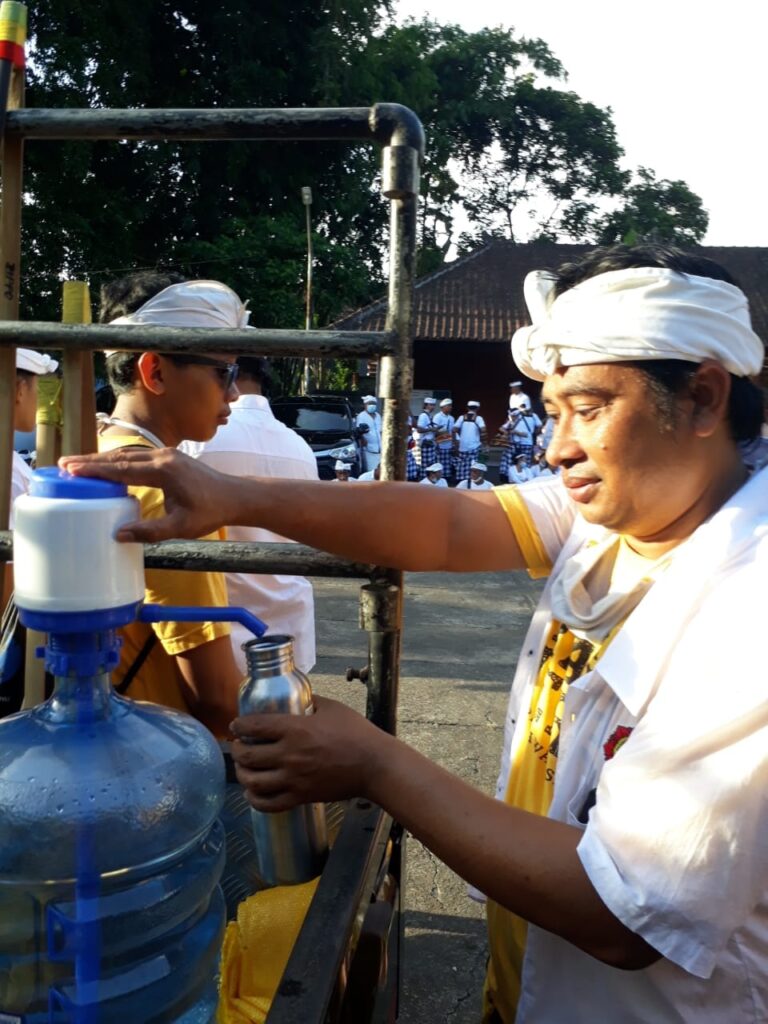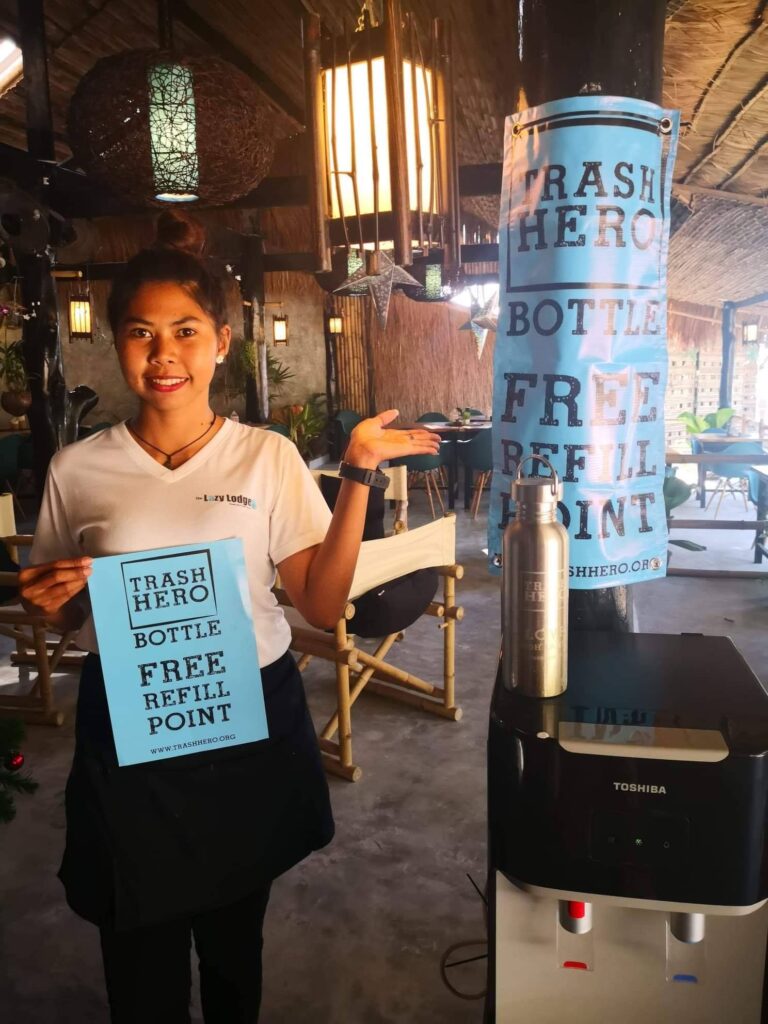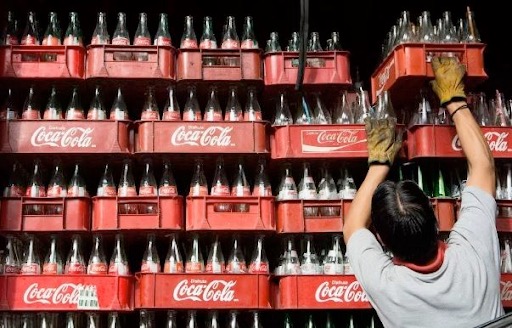Have you ever thought about how much plastic is in our daily lives? We know to avoid plastic bags and bottles, but what about the plastic hiding in everyday items? Here are 20 surprising things that contain plastics, along with some tips for how to avoid them.

Clothes: 60% of our clothes contain synthetic fibres such as polyester, acrylic or nylon – forms of plastic. Even cotton items can hide plastic – anything labelled “wrinkle-resistant” likely has a plastic coating. Shedding during washing and wear, and at the end of their life contributes to microplastic pollution.
How to avoid: Choose clothes made from 100% natural fibres like linen, cotton or wool. Opt for a cold, short cycle to minimise shedding when washing synthetic blends.

Tea bags: Tea bags look like simple paper pouches. Unfortunately, many of them contain a type of plastic called polypropylene. It is used to heat-seal the edges and keeps them from falling apart. Others are made entirely from plant plastic – which contains all the same additives and chemicals as regular plastic.
How to avoid: Ditch the bag altogether and enjoy loose-leaf tea.

Nail polish: Plastic gives nail polish its strength and staying power. Two key ingredients are resin, a type of plastic that forms a hard, protective layer, and plasticisers, which keep the polish flexible and prevent chipping.
How to avoid: Finding nail polish that is entirely plastic-free is impossible. But, water-based polishes tend to contain less plastic than others. Or let your nails go naked!

Chewing gum: The satisfying chew is thanks to its “gum base”. This usually contains synthetic elastomers like polyvinyl acetate, the same plastic found in glue.
How to avoid: Keep an eye out for plastic-free gum brands.

Tampons(and pads): The absorbent core of a menstrual pad uses superabsorbent polymers, similar to those in diapers, and the leak-proof backing is plastic film. Even “cotton” top sheets usually contain synthetic fibres. Tampon applicators are typically plastic.
How to avoid: Reusable menstrual cups or period underwear are not plastic-free but used over time will vastly reduce the pollution caused by single-use products.

Car tyres: Modern car tyres are around 1/4 synthetic rubber, a petroleum-based plastic. As the tyres wear down, they release microplastics into the environment – they are likely the biggest source of plastic pollution in the ocean.
How to avoid: Reduce car use whenever possible to minimise wear and tear on your tyres.

Toothpaste: Manufacturers often use tiny plastic beads for exfoliation, and plastics are added as thickeners. Most toothpaste tubes are non-recyclable plastic, too.
How to avoid: Plastic-free toothpaste options are available. You can also check the ingredients for “poly-”, which indicates plastic.

Glitter and sequins: Those shimmering dots are usually made of PET plastic, the same as water bottles, coated with aluminium for shine.
How to avoid: If you must use loose glitter, try coloured sand or salt. But don’t throw away any sparkly clothes or accessories you already own: the longer you wear them, the longer you’ll keep them out of landfill

Sponges: Sponges were traditionally made from cellulose. But now, most kitchen and bathroom sponges contain plastic for durability and absorbency.
How to avoid: Look for sponges made of natural materials.

Wet wipes: The base materials of these wipes are usually synthetic fabrics such as polyester.
How to avoid: Opt for natural, reusable cloth wipes instead.

Cigarette butts: The filters in cigarettes are made from plastic fibres packed tightly together, adding to the chemicals you’re breathing in with the smoke. Read more about it here.
How to avoid: There’s no plastic-free alternative to cigarette filters.

Sun cream: Plastic is added to sun cream for several reasons. It stops it from splitting, makes it easier to apply and helps with water resistance.
How to avoid: Explore mineral-based sun creams that are often plastic-free. Keep an eye out for ingredients that start with “poly-” or end with “-lene”, as these indicate plastic.

Paper cups: Paper cups have a thin layer of plastic, usually polyethylene or PLA, to prevent leaks. These layers make them difficult to recycle and hot drinks increase the transfer of toxins into your brew.
How to avoid: Invest in a safer, reusable cup for your takeaway coffee or tea, or choose to dine in instead.

Aluminium can: Inside aluminium cans is a layer of plastic that prevents the metal from reacting with the beverage and extends shelf life. This video on Instagram shows the plastic inside a Coke can.
How to avoid: Currently, there are no aluminium cans without plastic linings, so drink from glass if available – especially as aluminium has a very high environmental footprint. And always recycle your can!

Paint: The vast majority of household paints contain plastic binders for improved durability and moisture resistance.
How to avoid: Water-based paints often have reduced plastic; or use lime-based or other mineral-based paint for a plastic-free, breathable finish.

Make-up (and other beauty products): Make-up and toiletries contain microplastic in two primary forms – tiny plastic particles added as exfoliants or glitter, and liquid plastic ingredients that thicken products and help to create a smooth texture on our skin or hair. Most are also packaged in plastic.
How to avoid: Check the ingredient lists on your products and try to avoid those containing words starting with “poly-” or ending with “-lene”. Purchase cosmetics in bar form or in refillable or reusable packaging wherever possible.

Foil wrappers: These are used for packaging everything from chocolate to laundry liquid and often have a thin layer of plastic on one side to make it more pliable and prevent tearing.
How to avoid: Choose food and other products in reusable, paper or no packaging.

Store receipts: These are printed on special thermal paper with a plastic coating containing bisphenol A (BPA). When the paper runs through the cash register, a print head heats the paper to create the letters and images you see on the receipt, which saves on ink.
How to avoid: If you’re given the option, refuse a receipt and get digital copies instead.

Non-stick pans: The non-stick coating on many popular cookware options is made of polytetrafluoroethylene (PTFE), commonly known as Teflon, a type of synthetic plastic.
How to avoid: Use pans made from stainless steel, cast iron or enamel materials.

Pillows: The filling in all synthetic pillows is made from plastic – usually hollowfibre polyester, but sometimes foam. Manufacturers favour this because it’s cheaper and holds its shape well.
How to avoid: Try pillows with natural fillings such as feathers, wool or buckwheat hulls.
Being aware of hidden plastic allows us to make more informed choices regarding reducing plastic consumption daily. Which of these surprised you the most? Let us know in the comments.
read more


